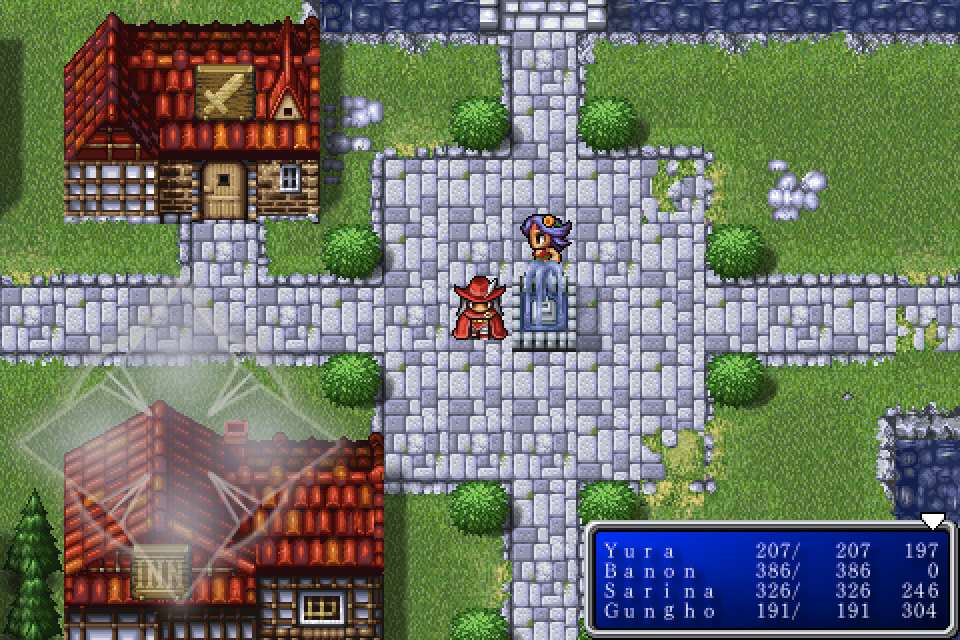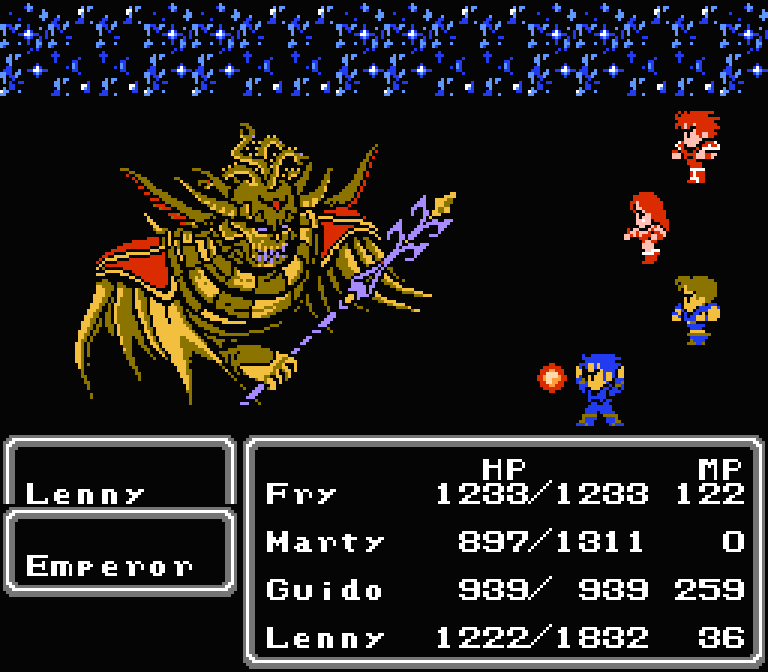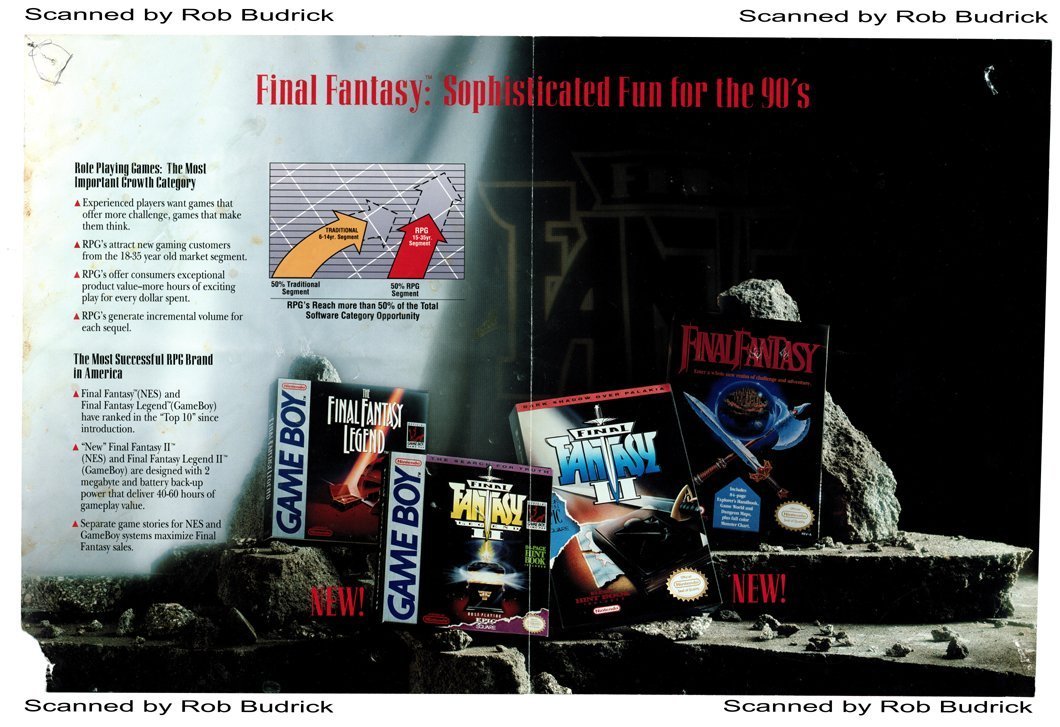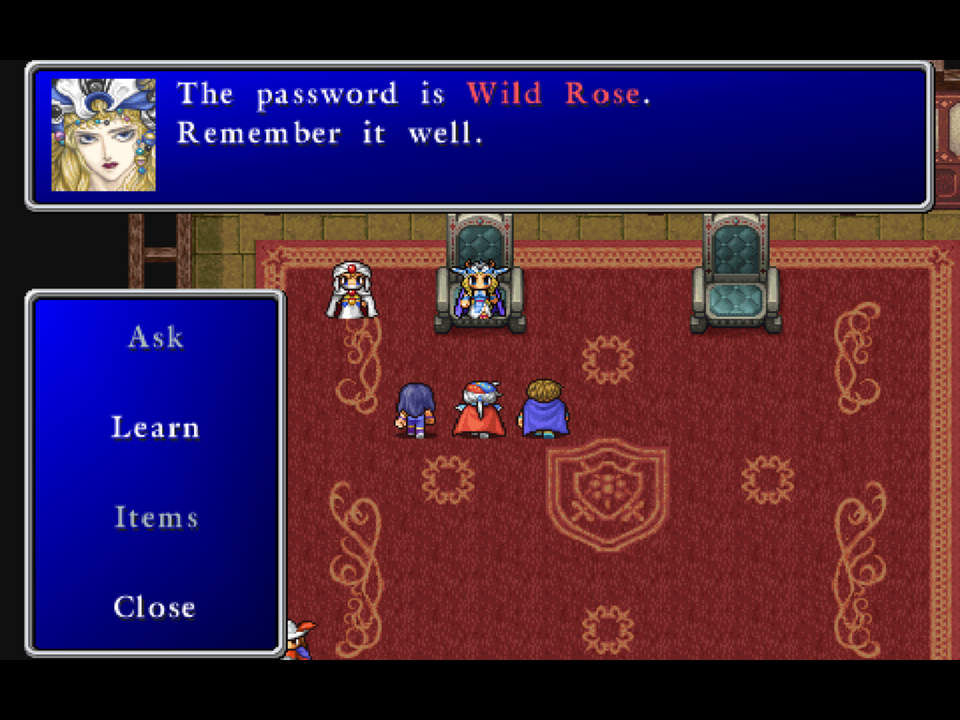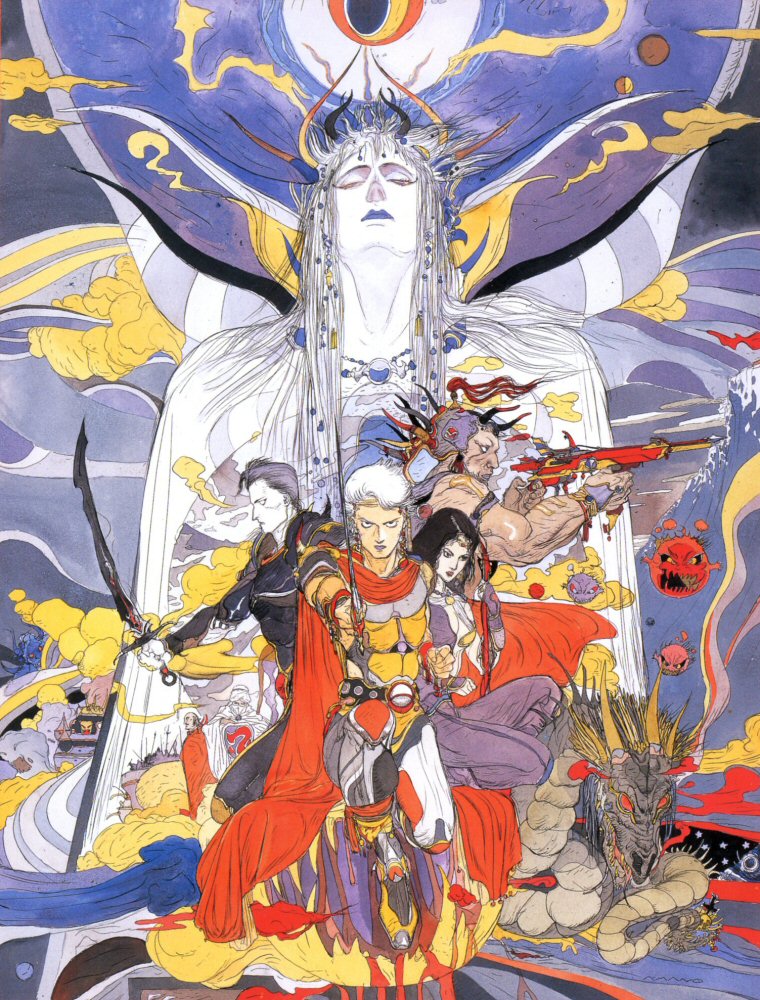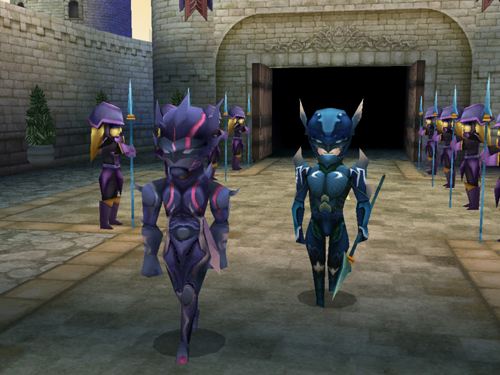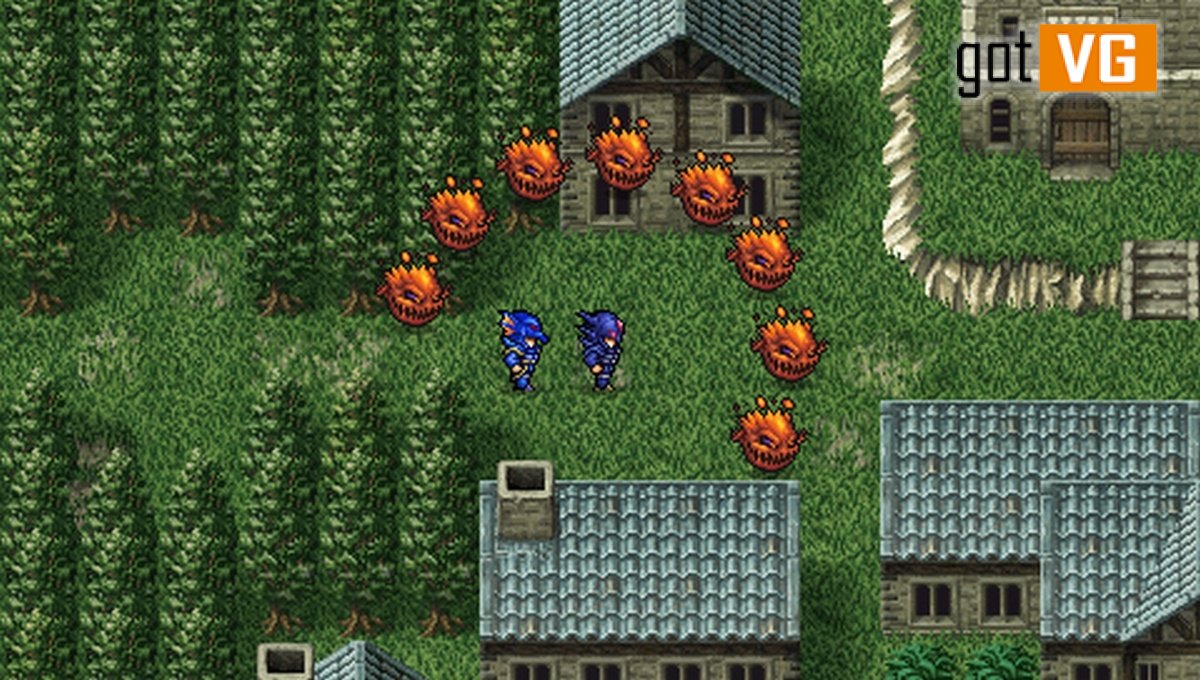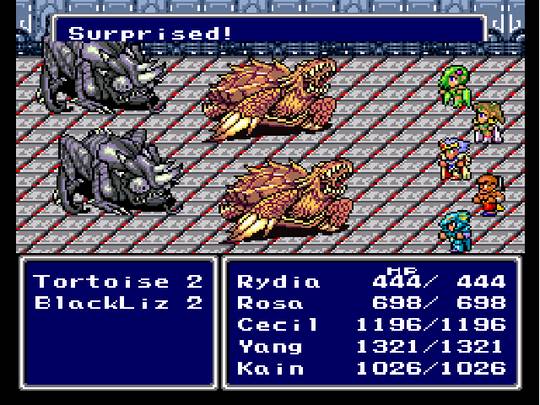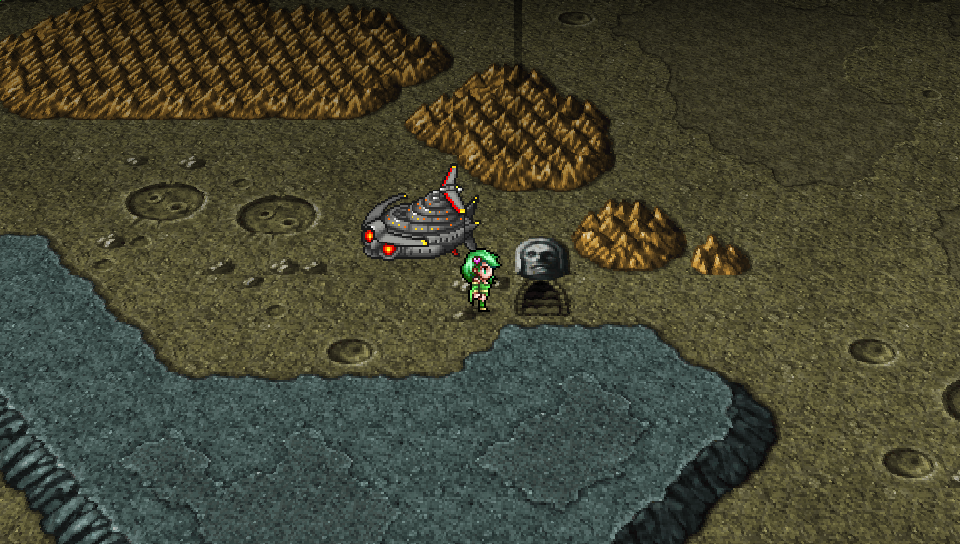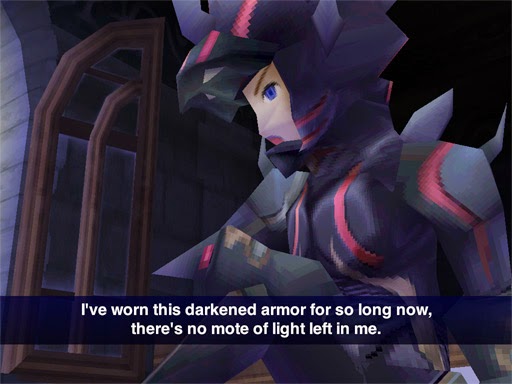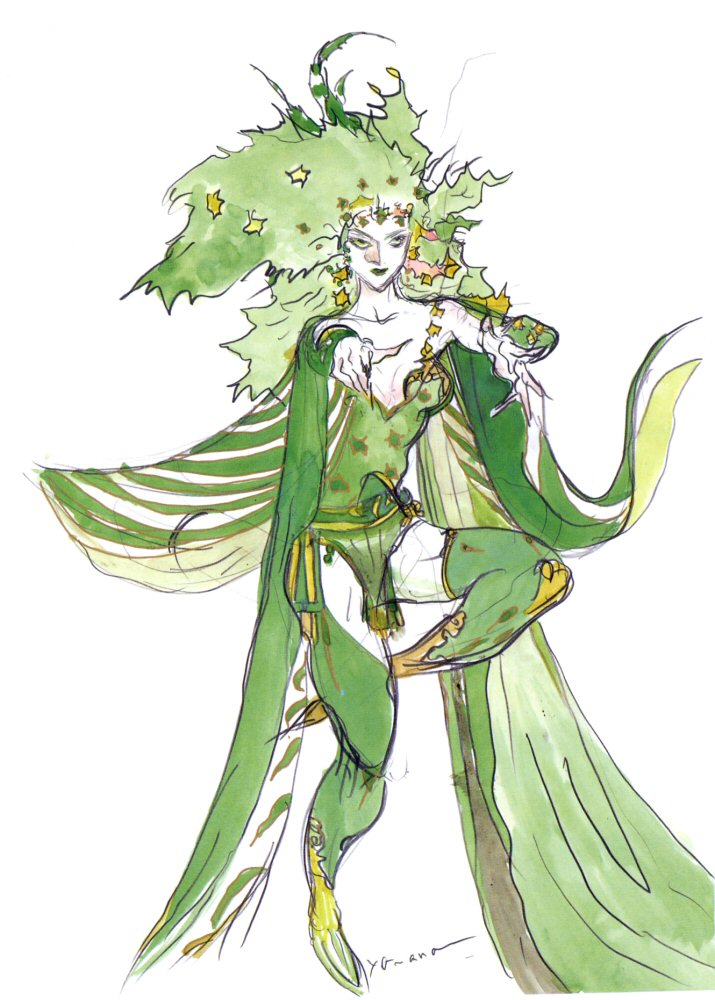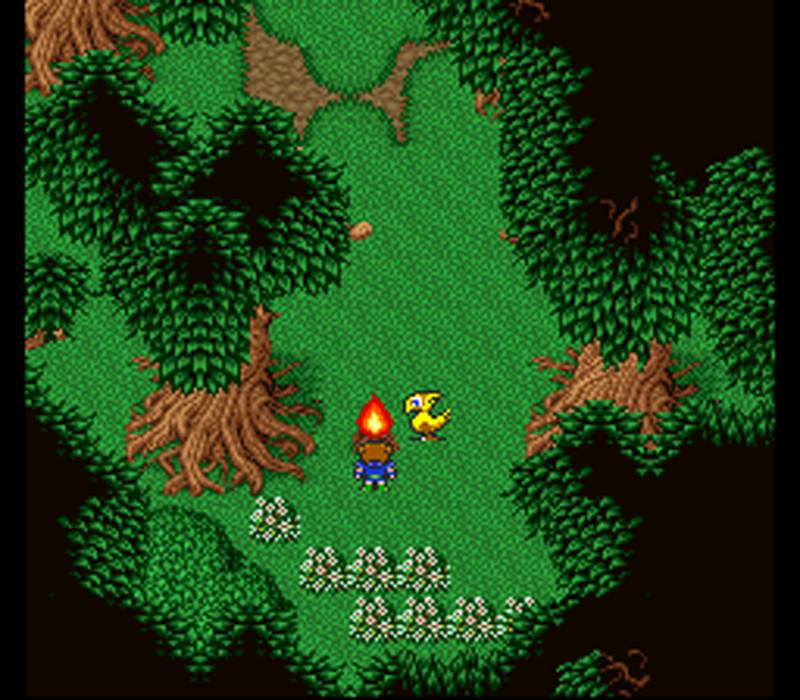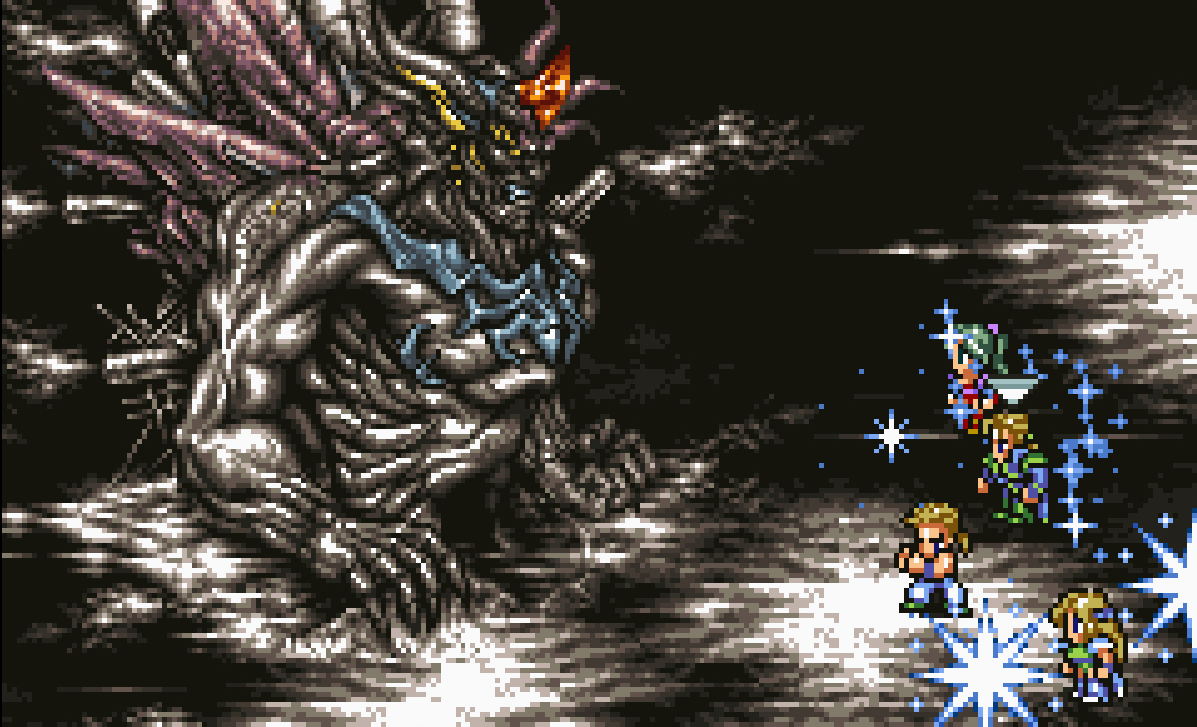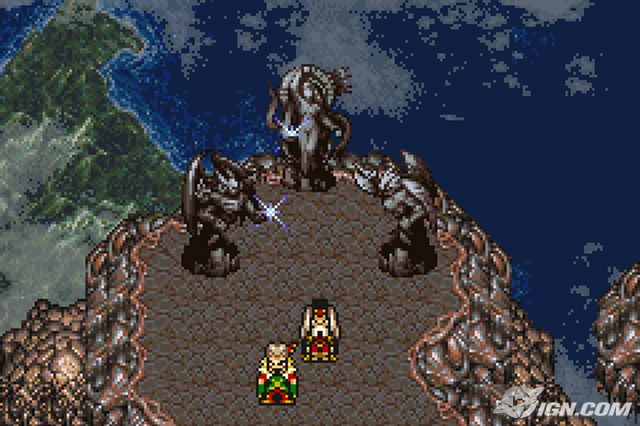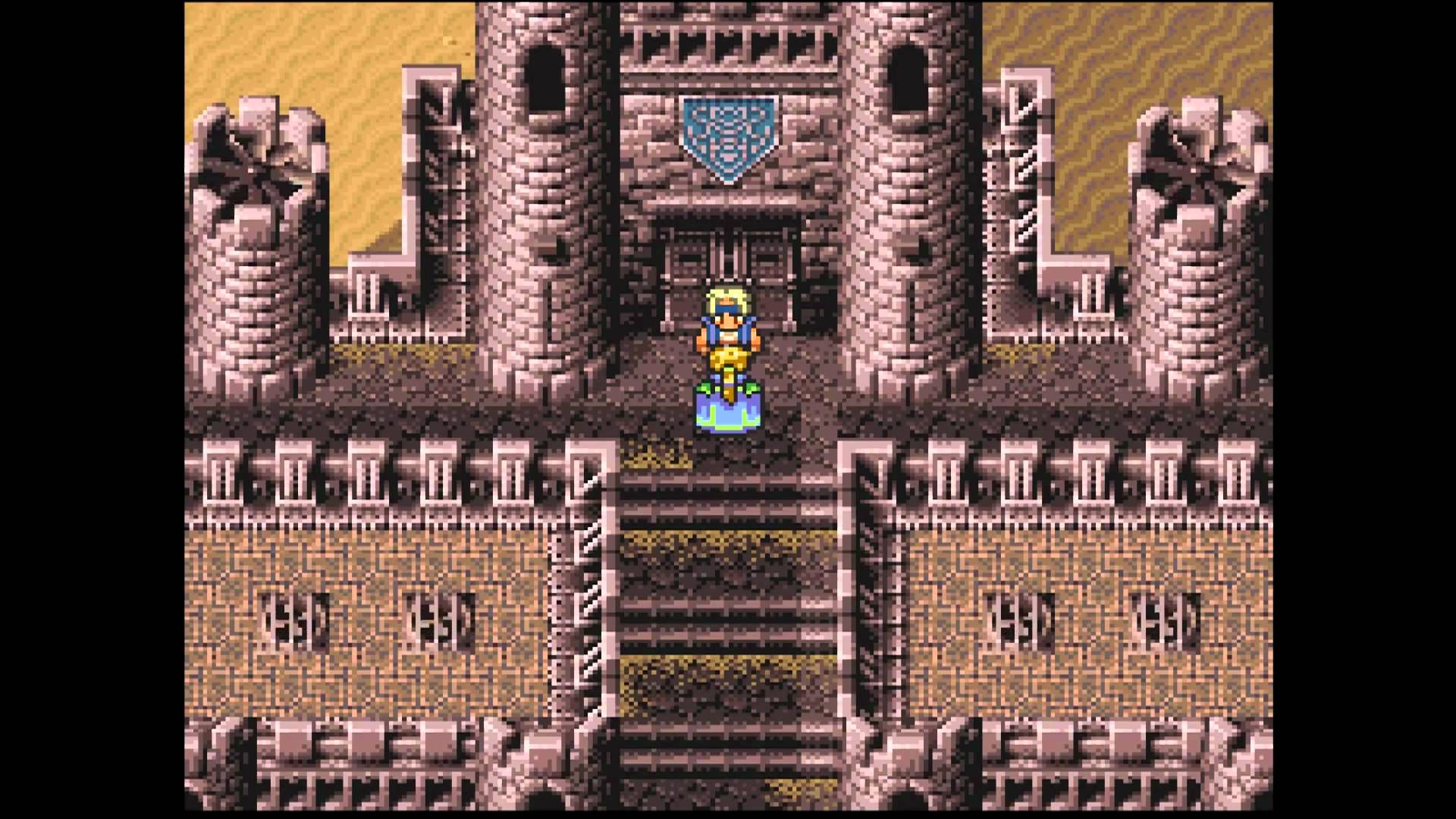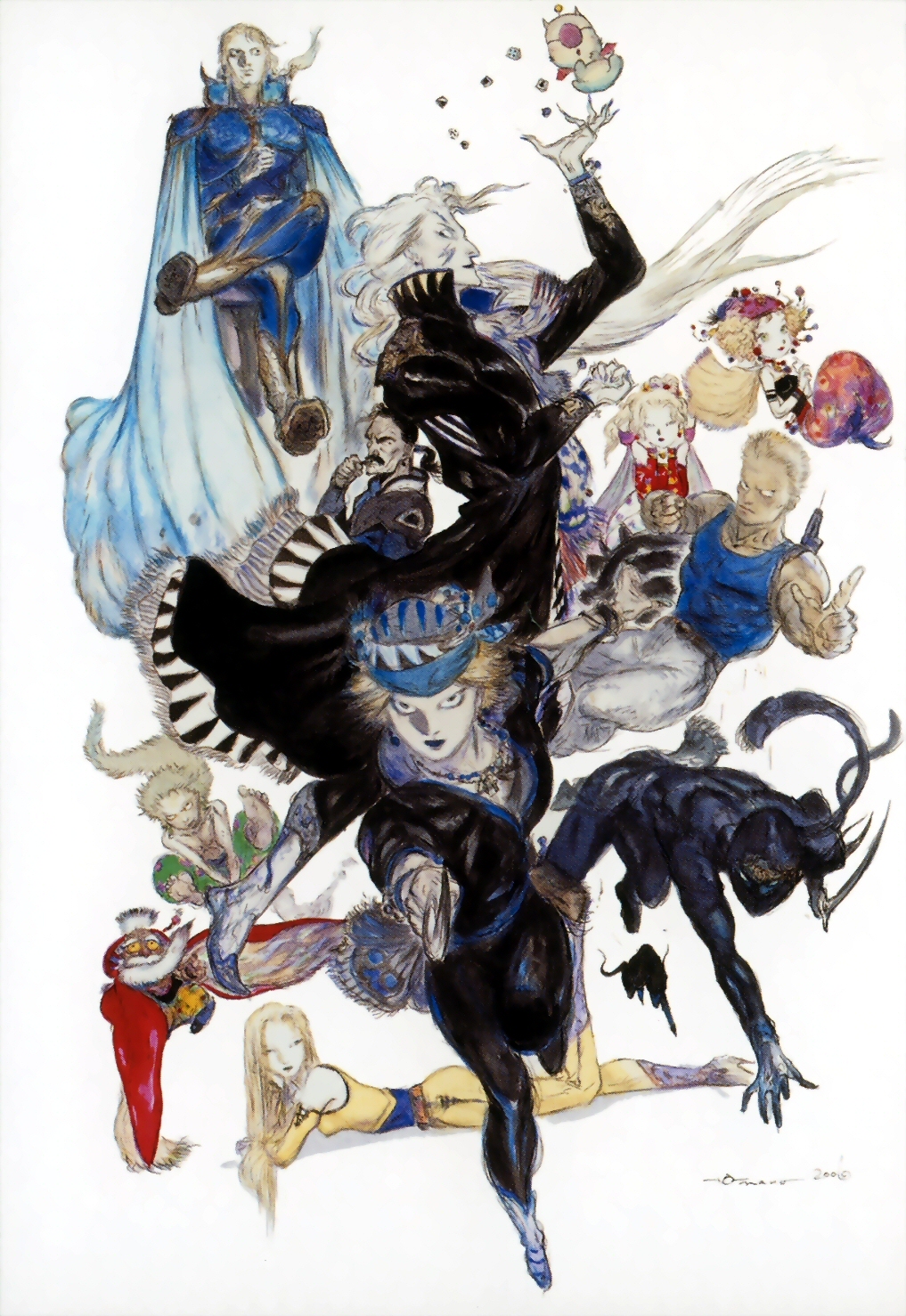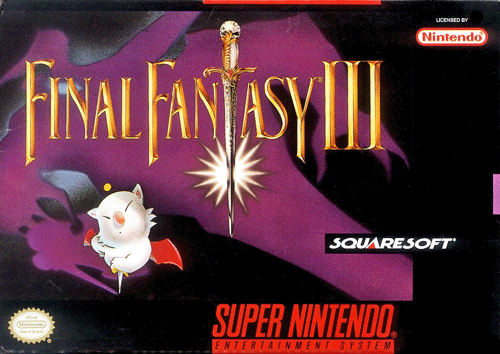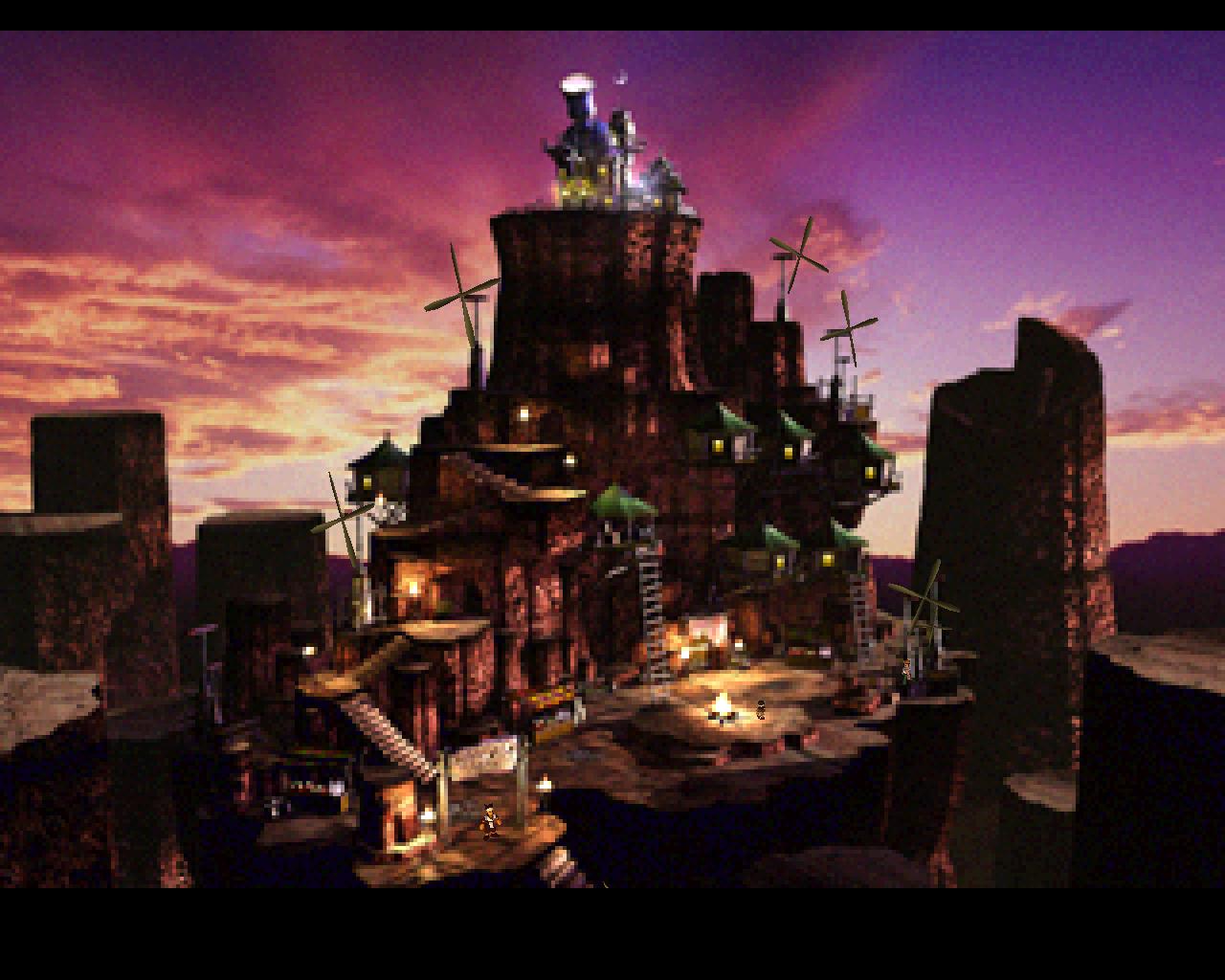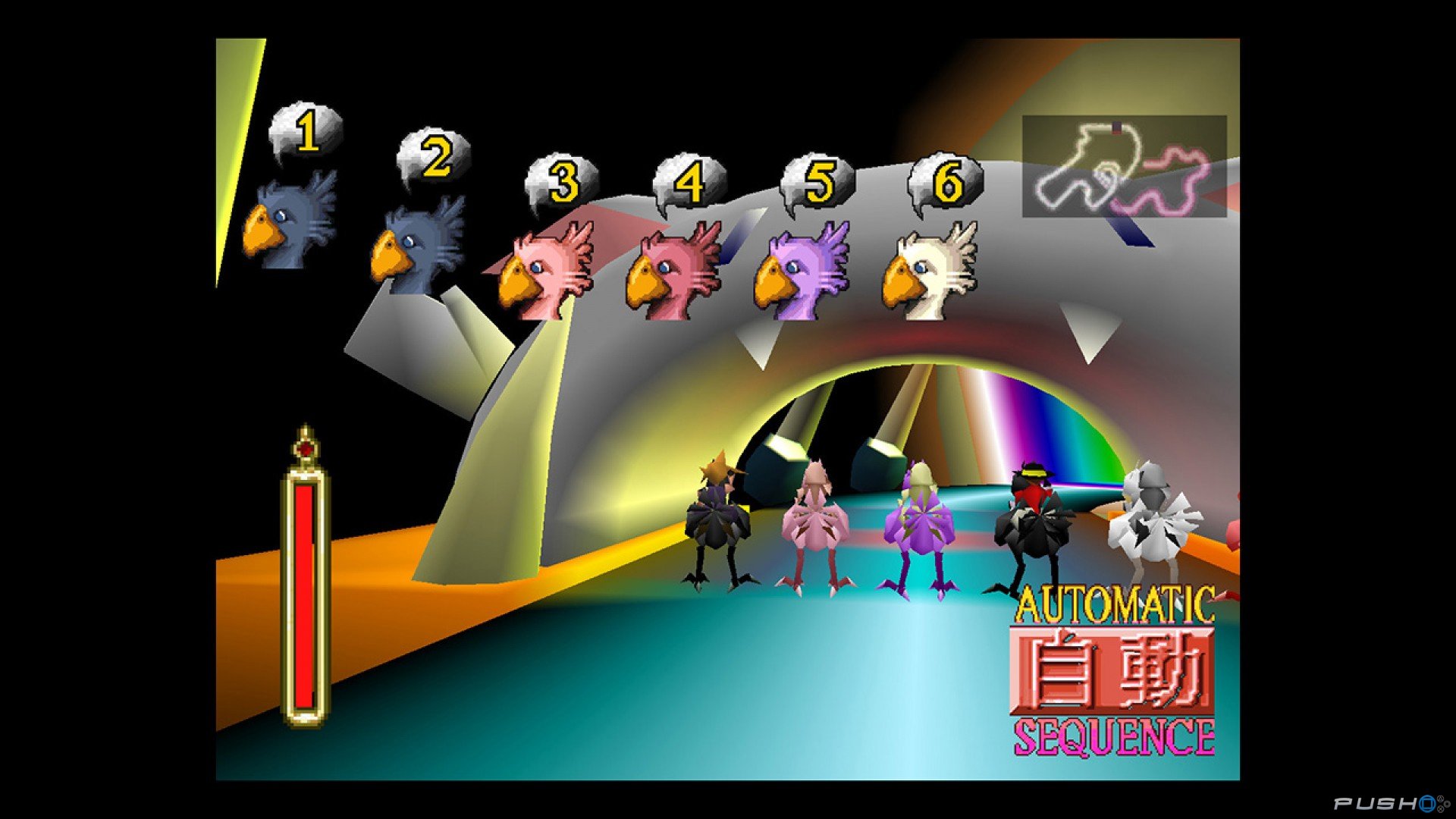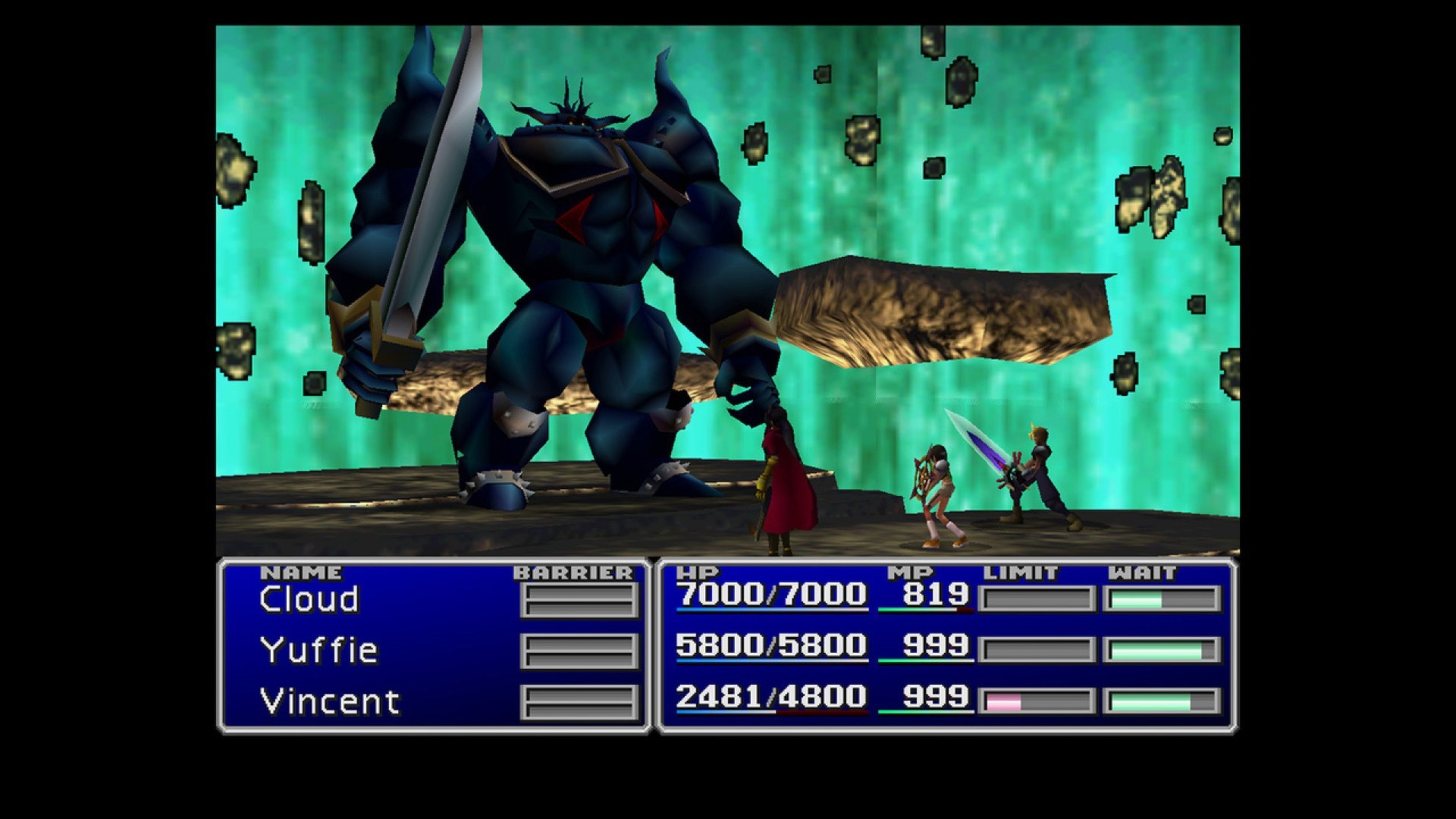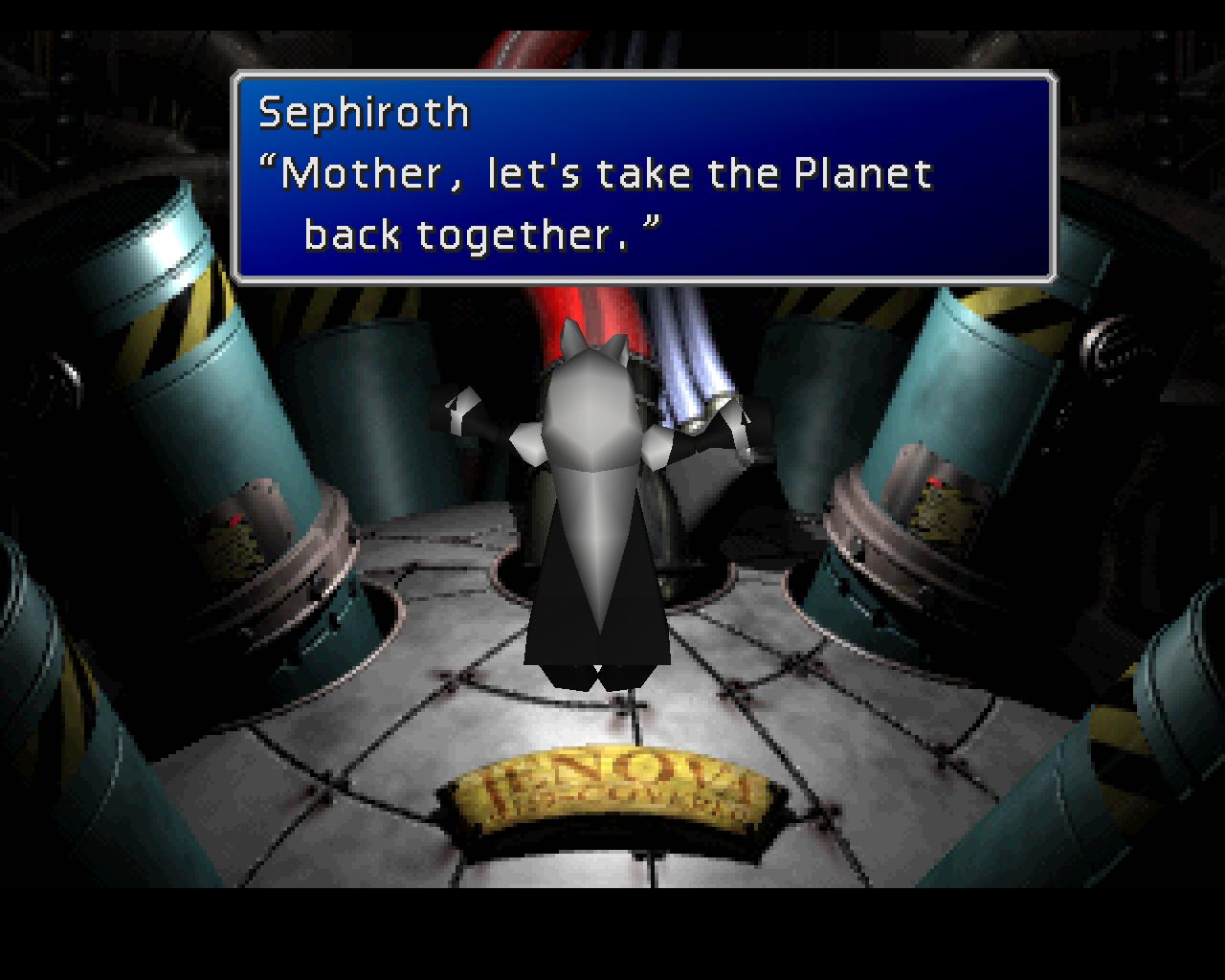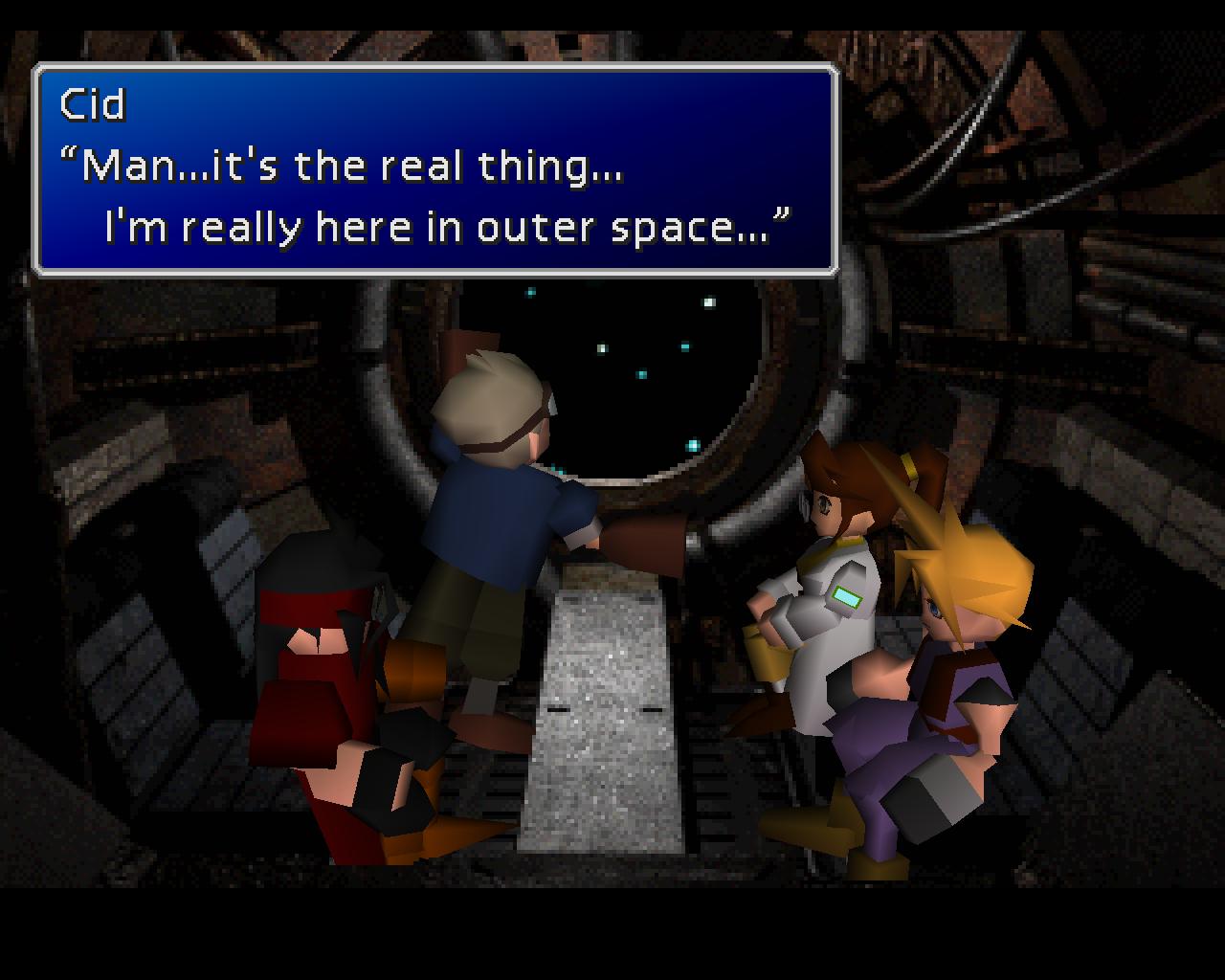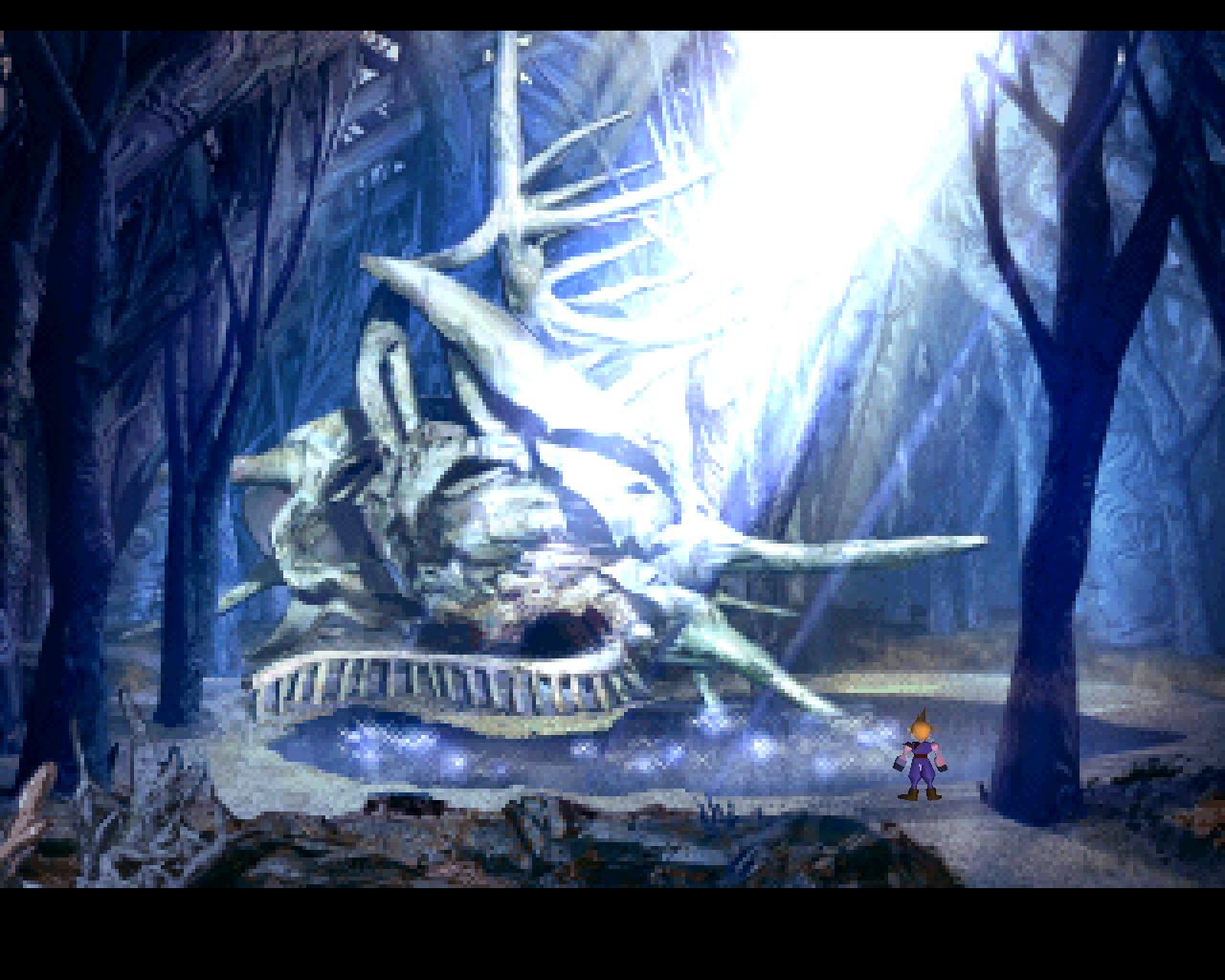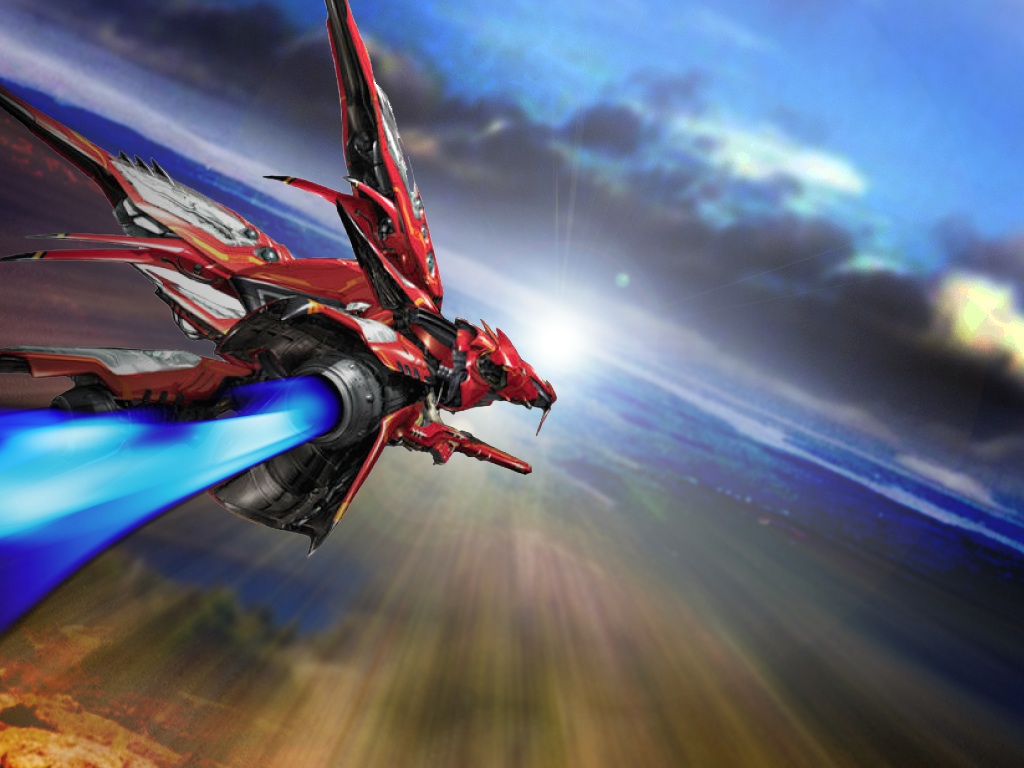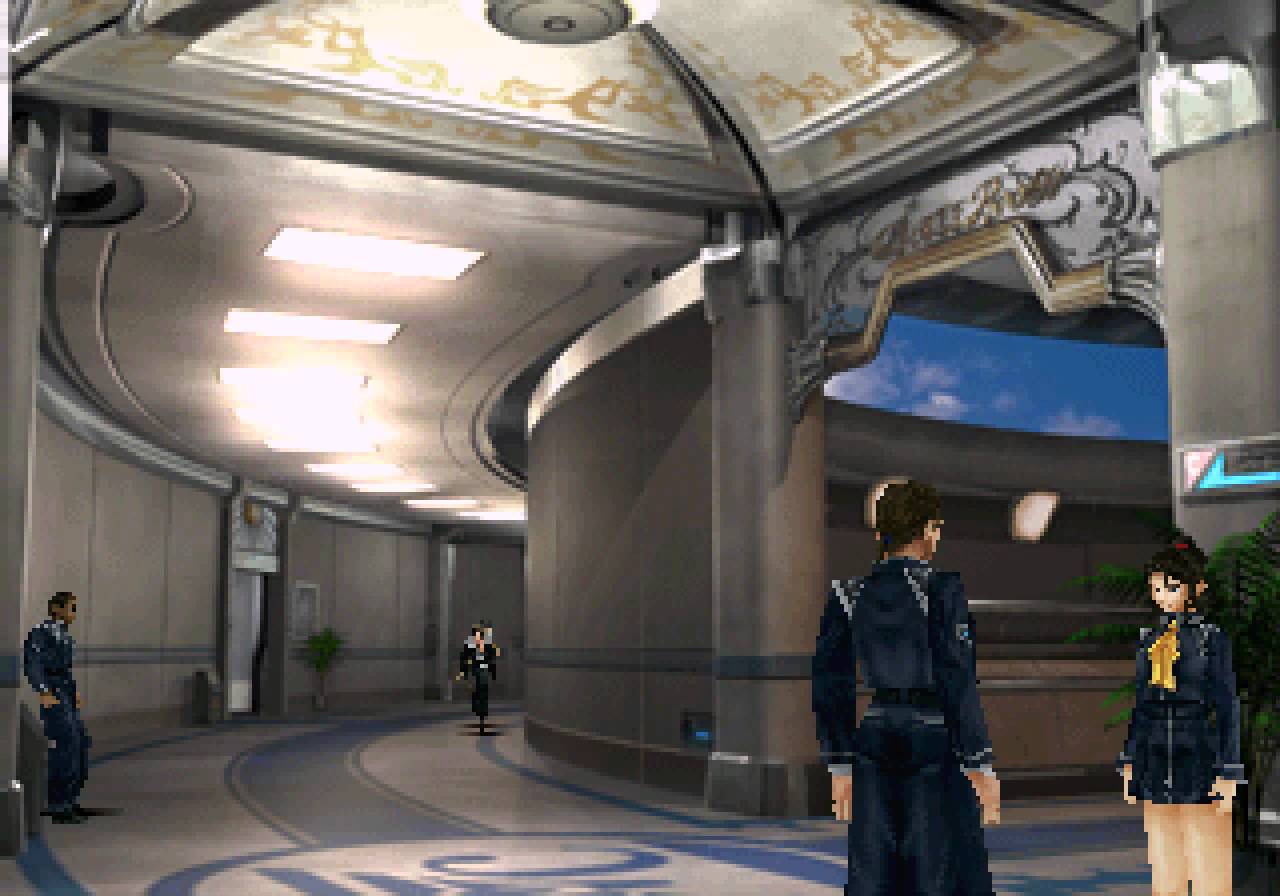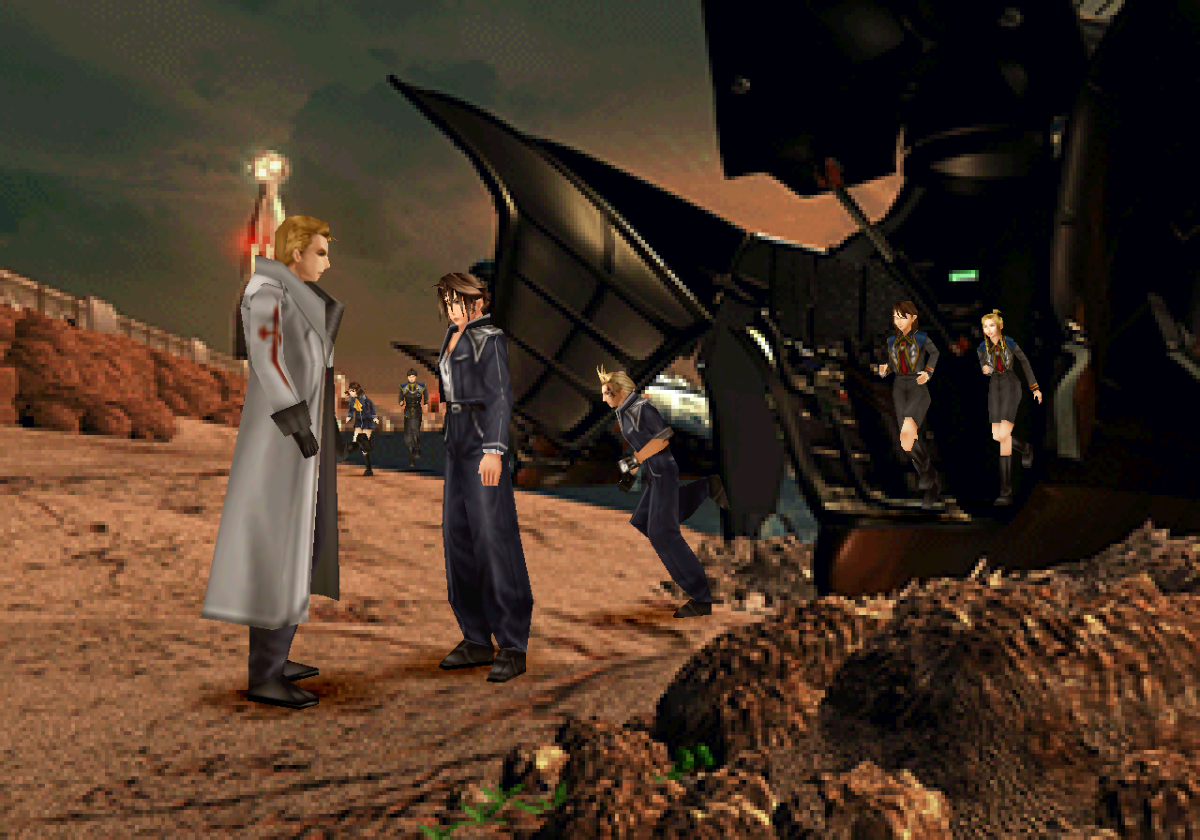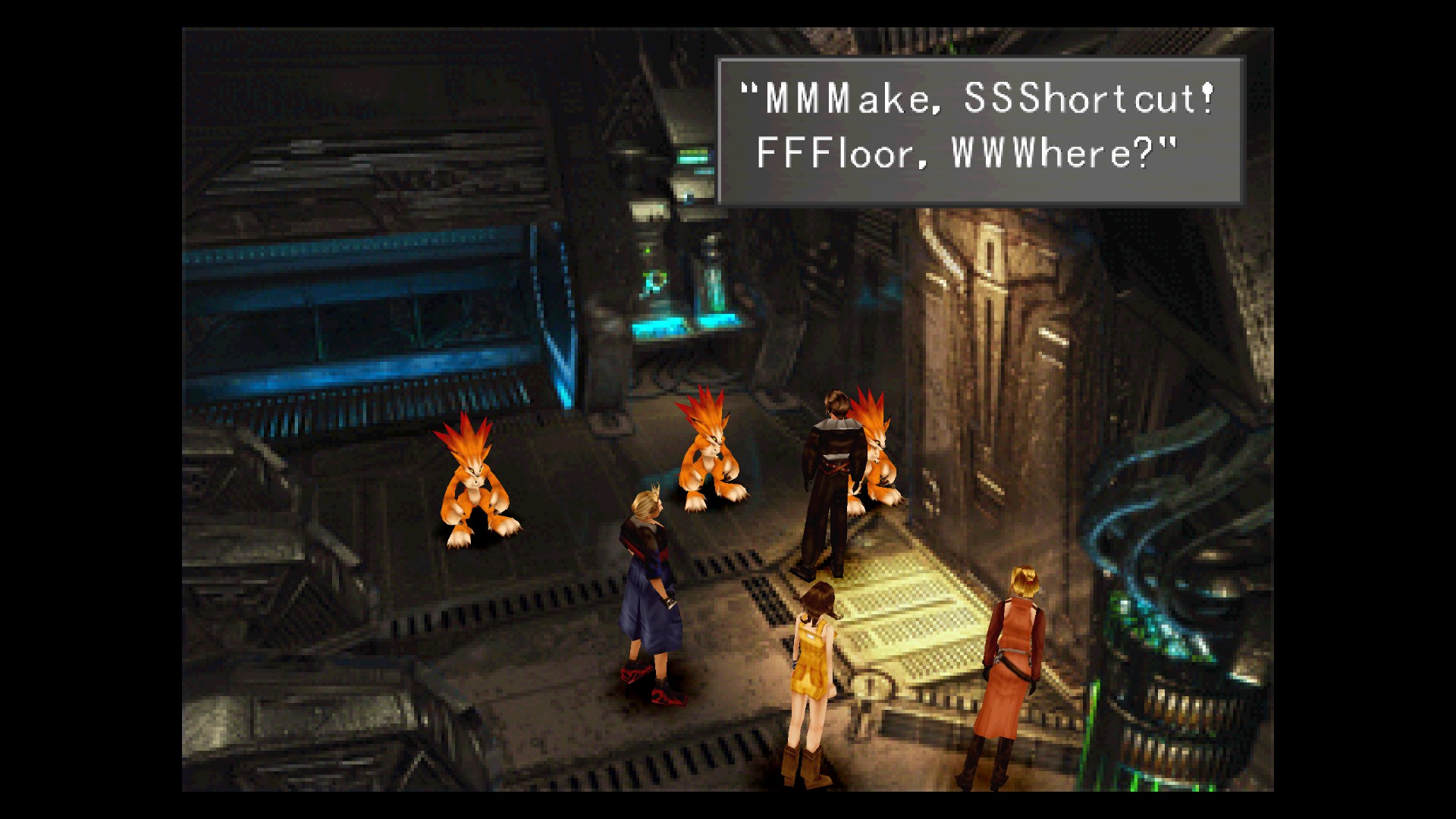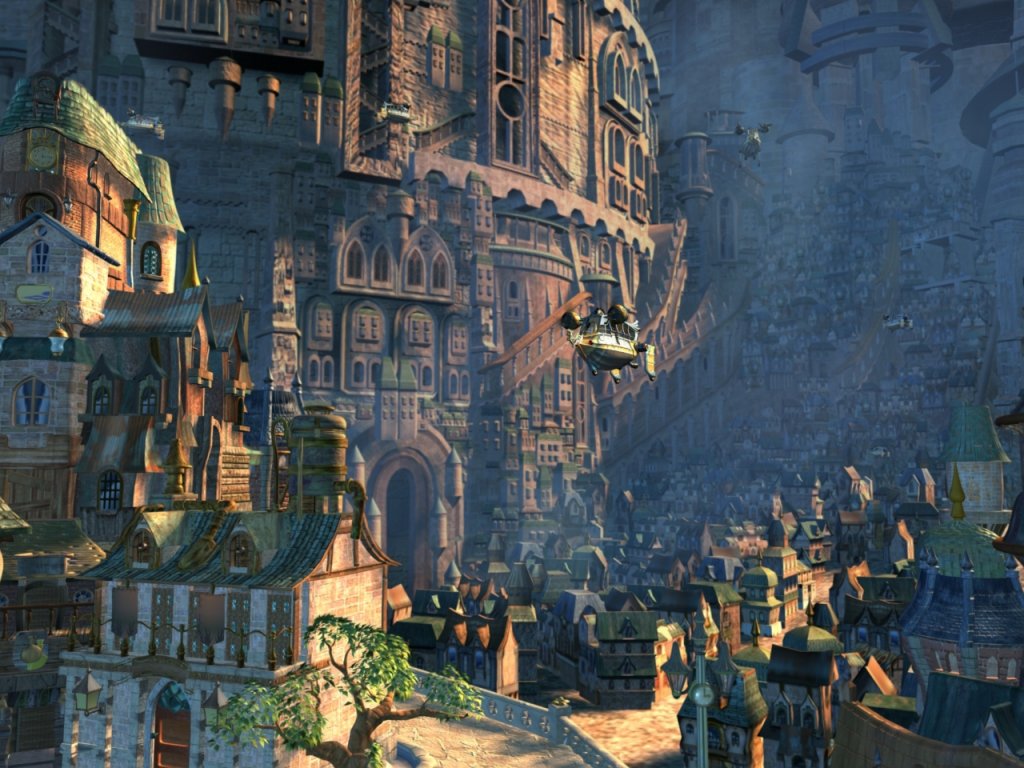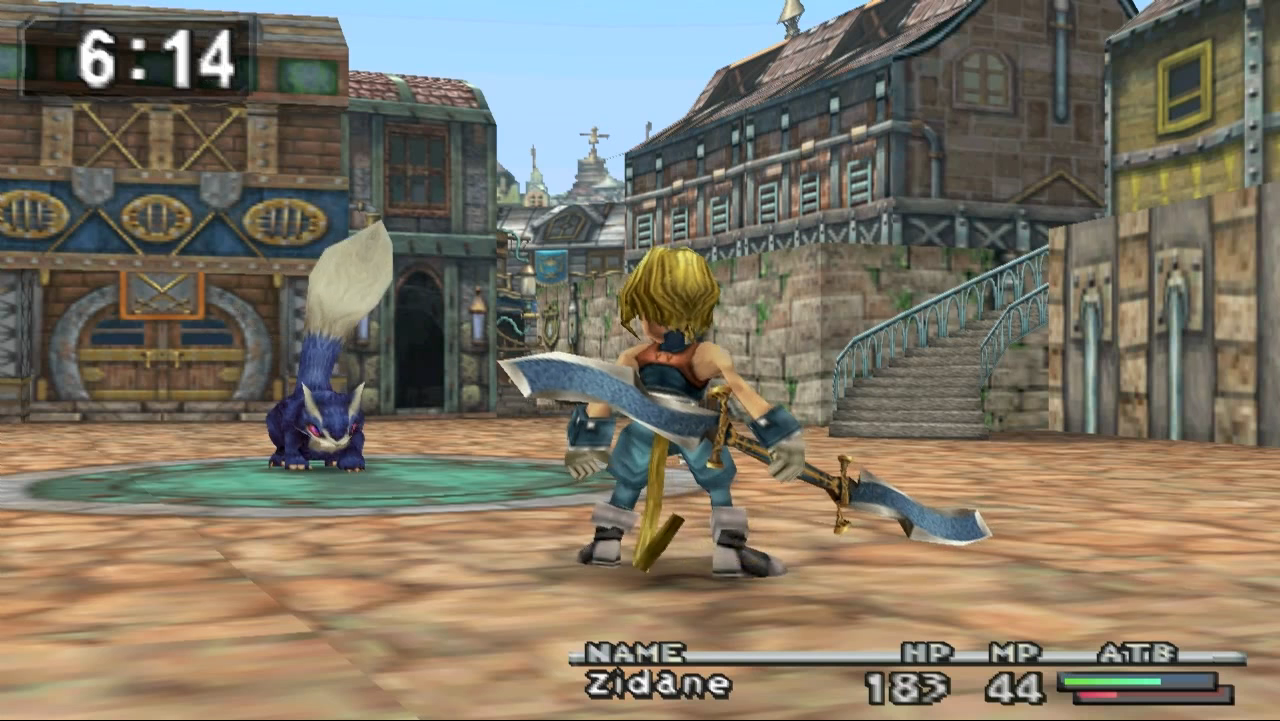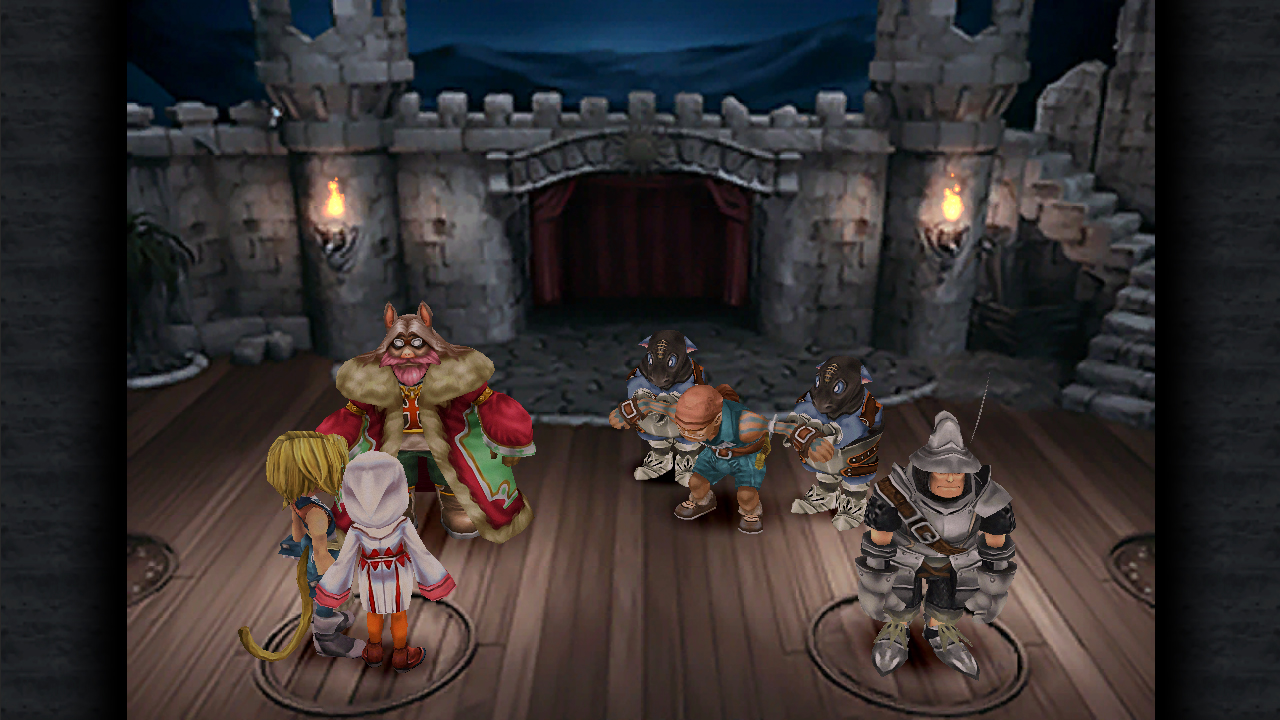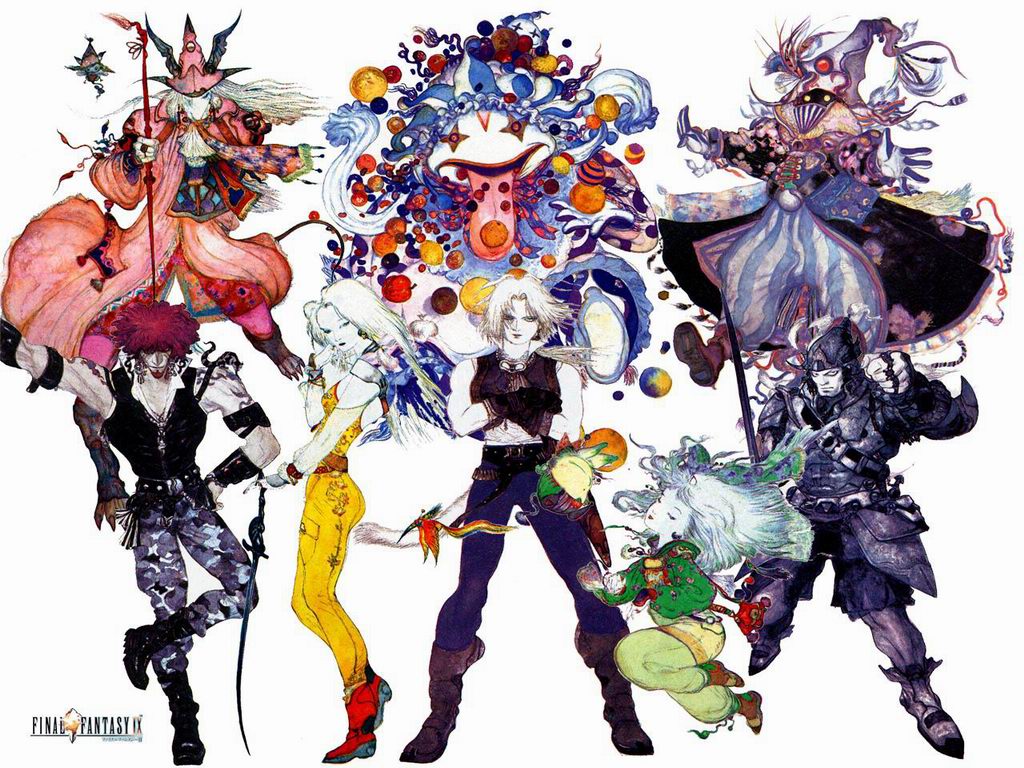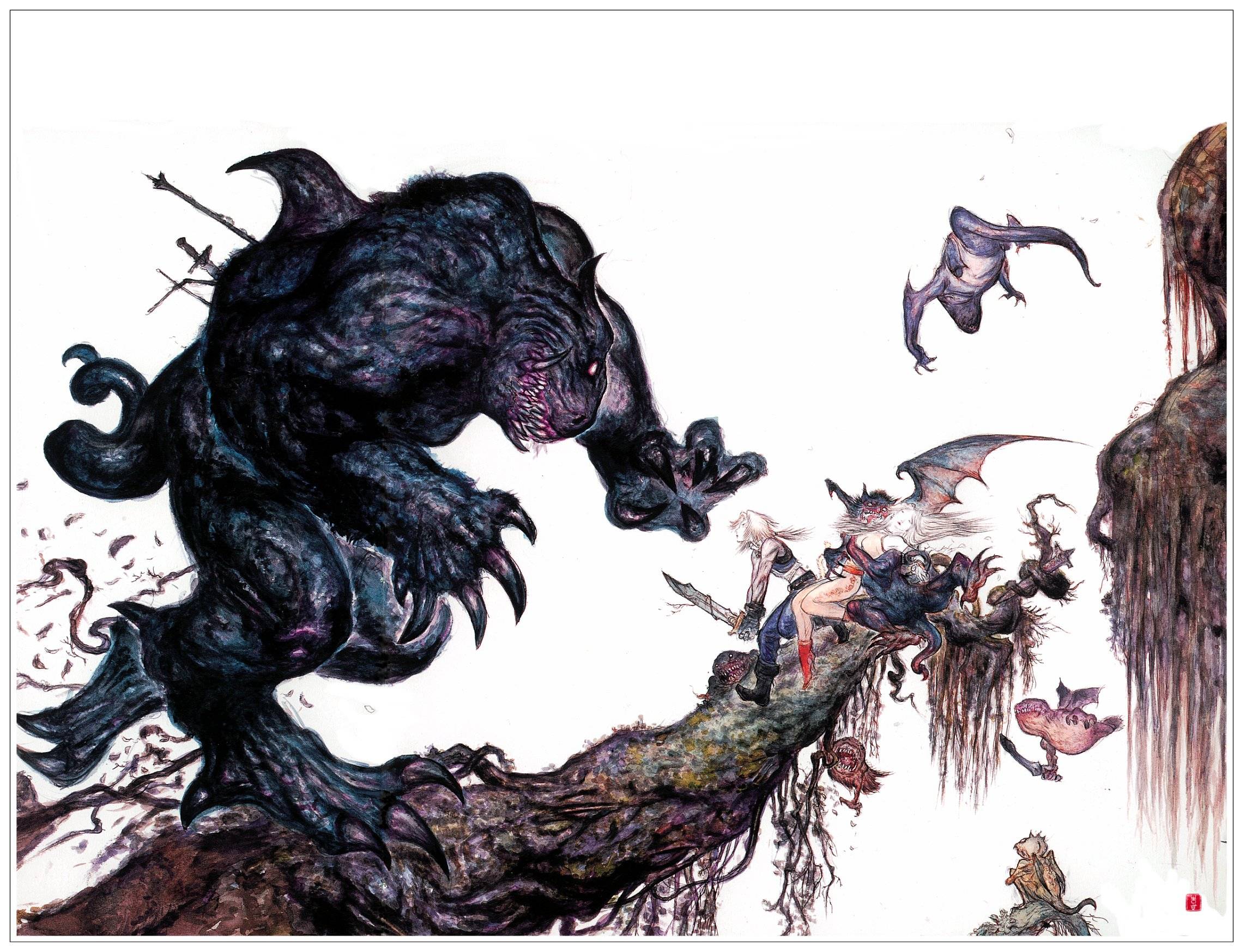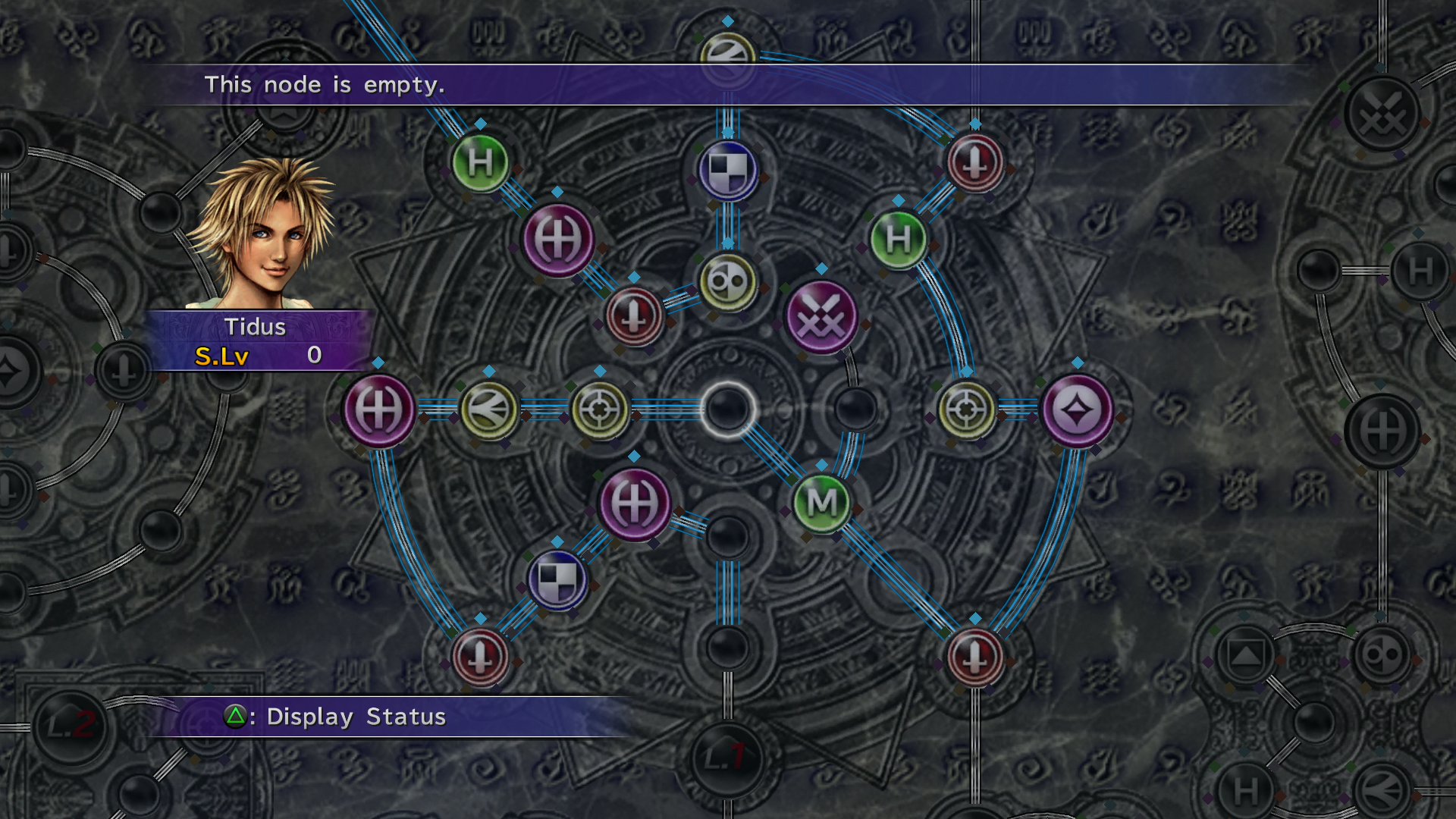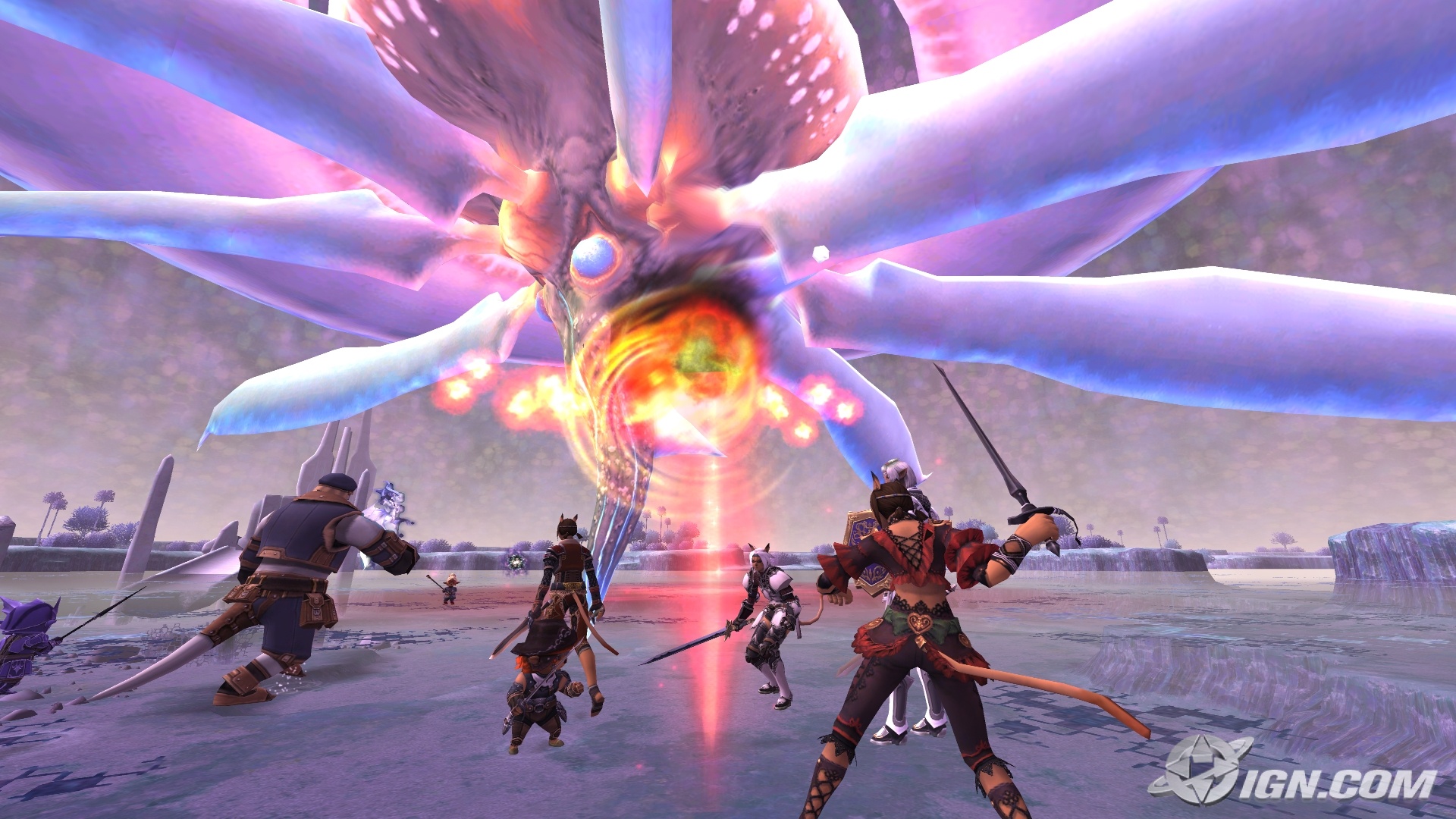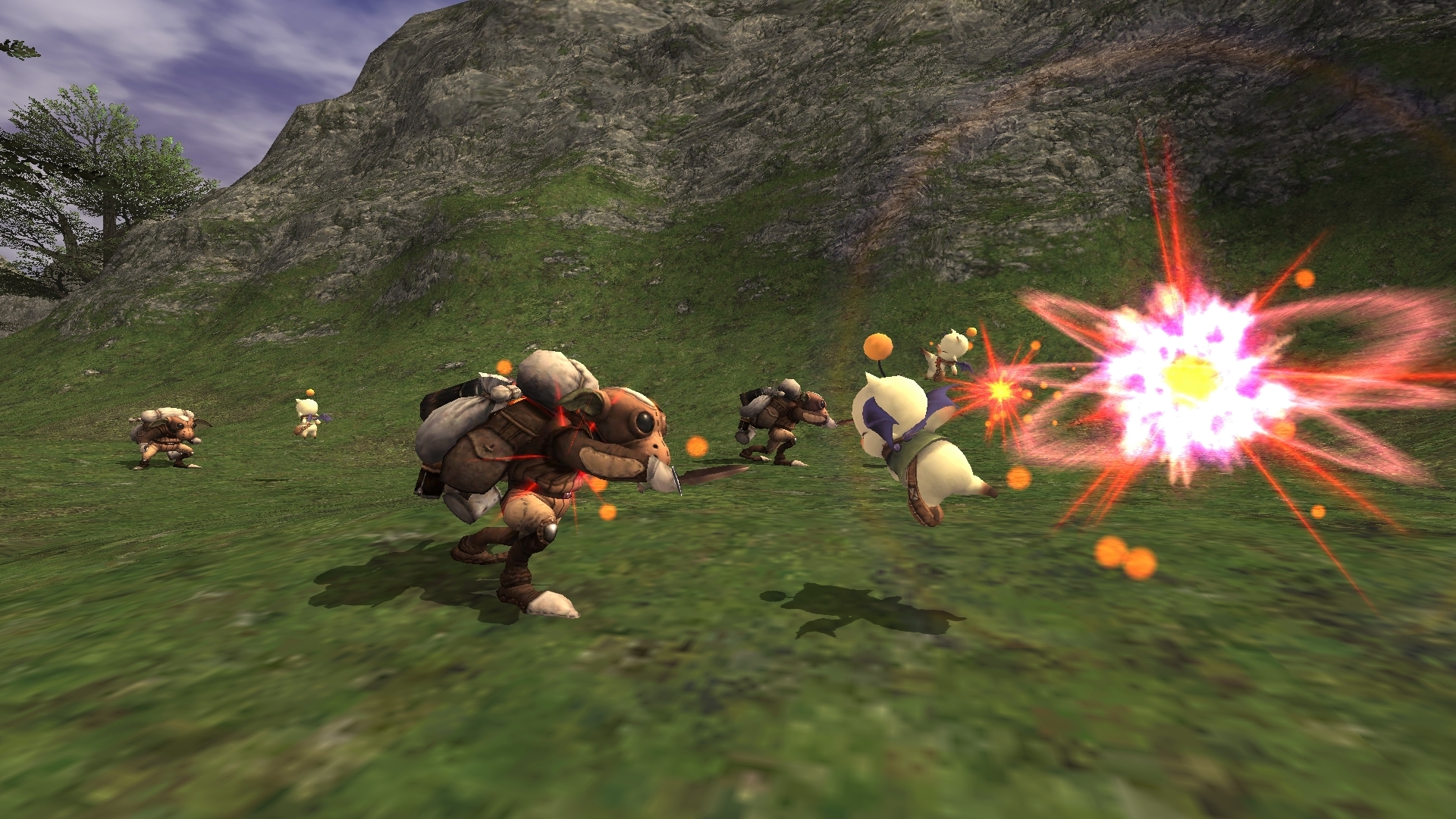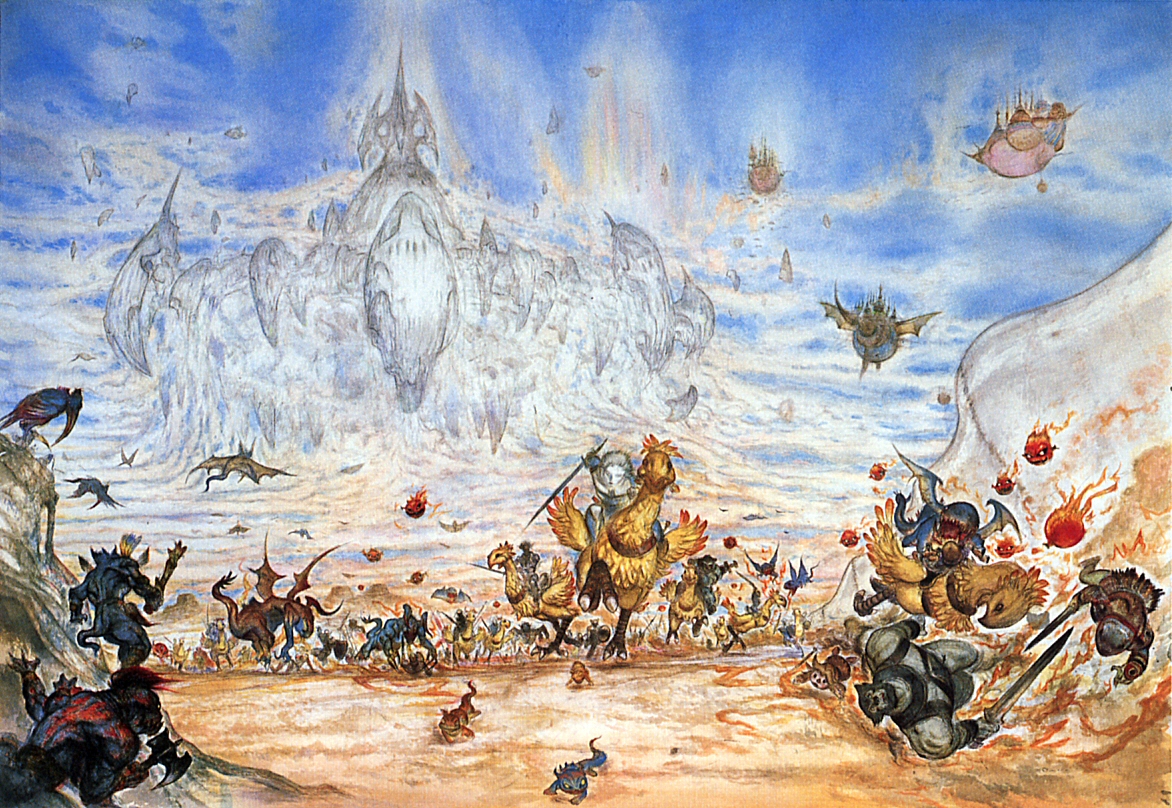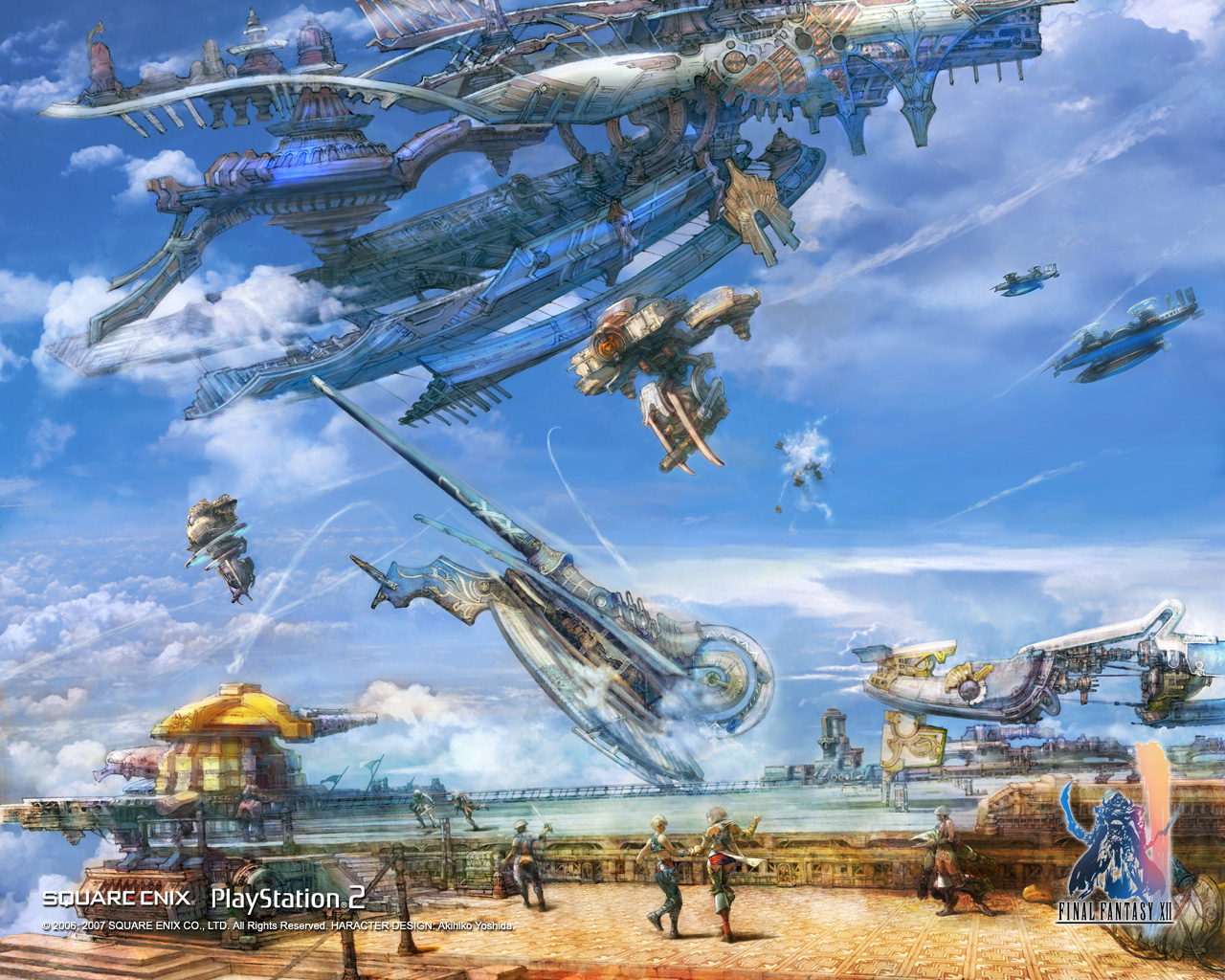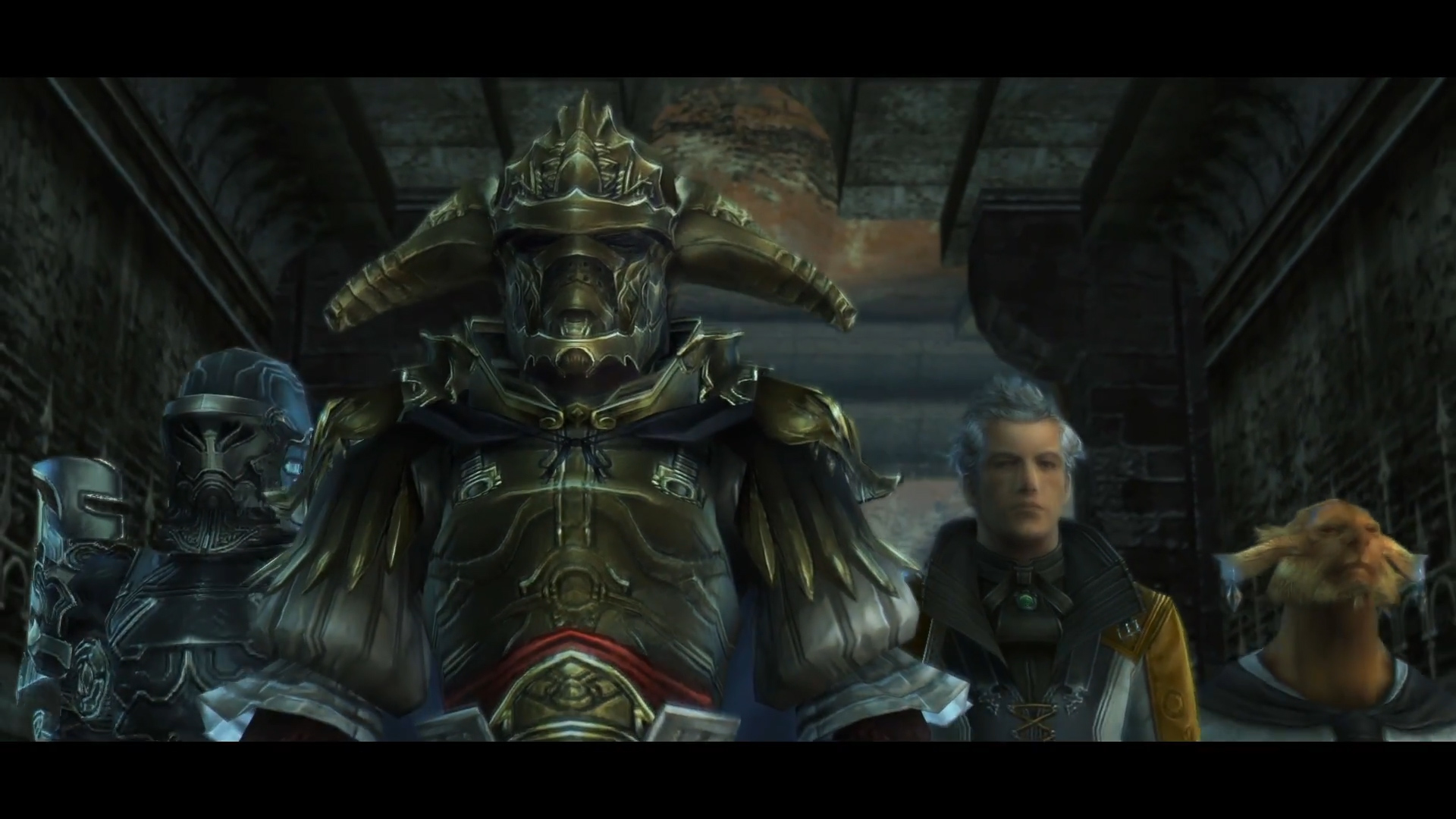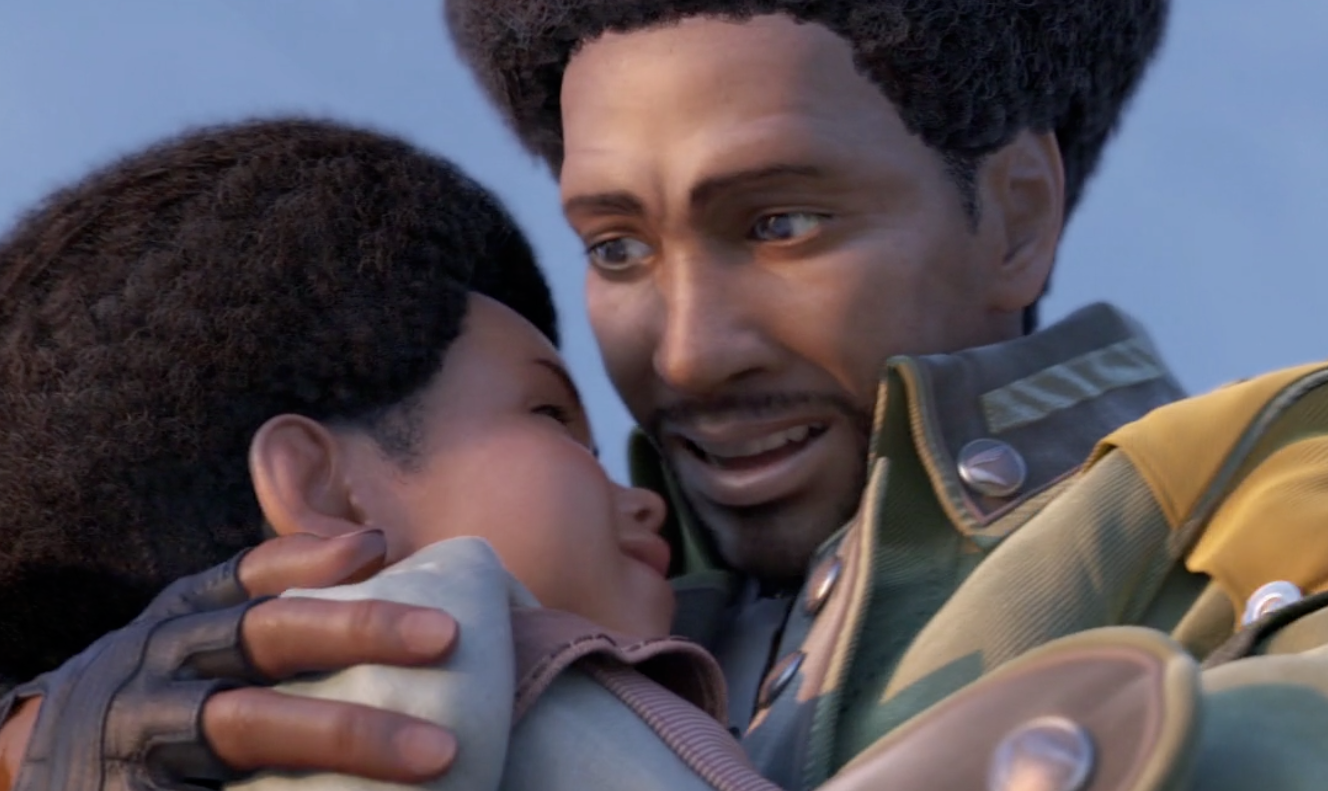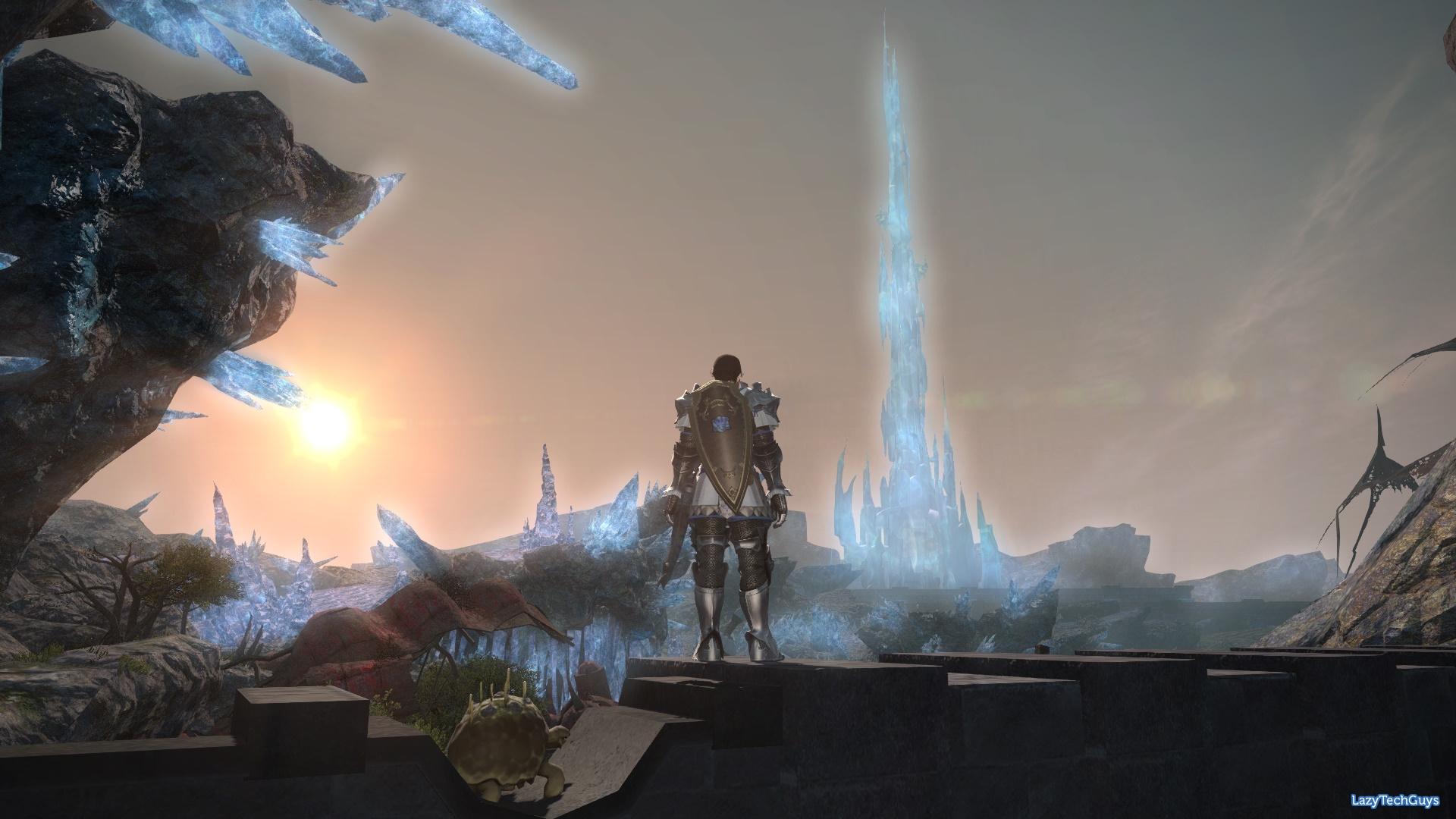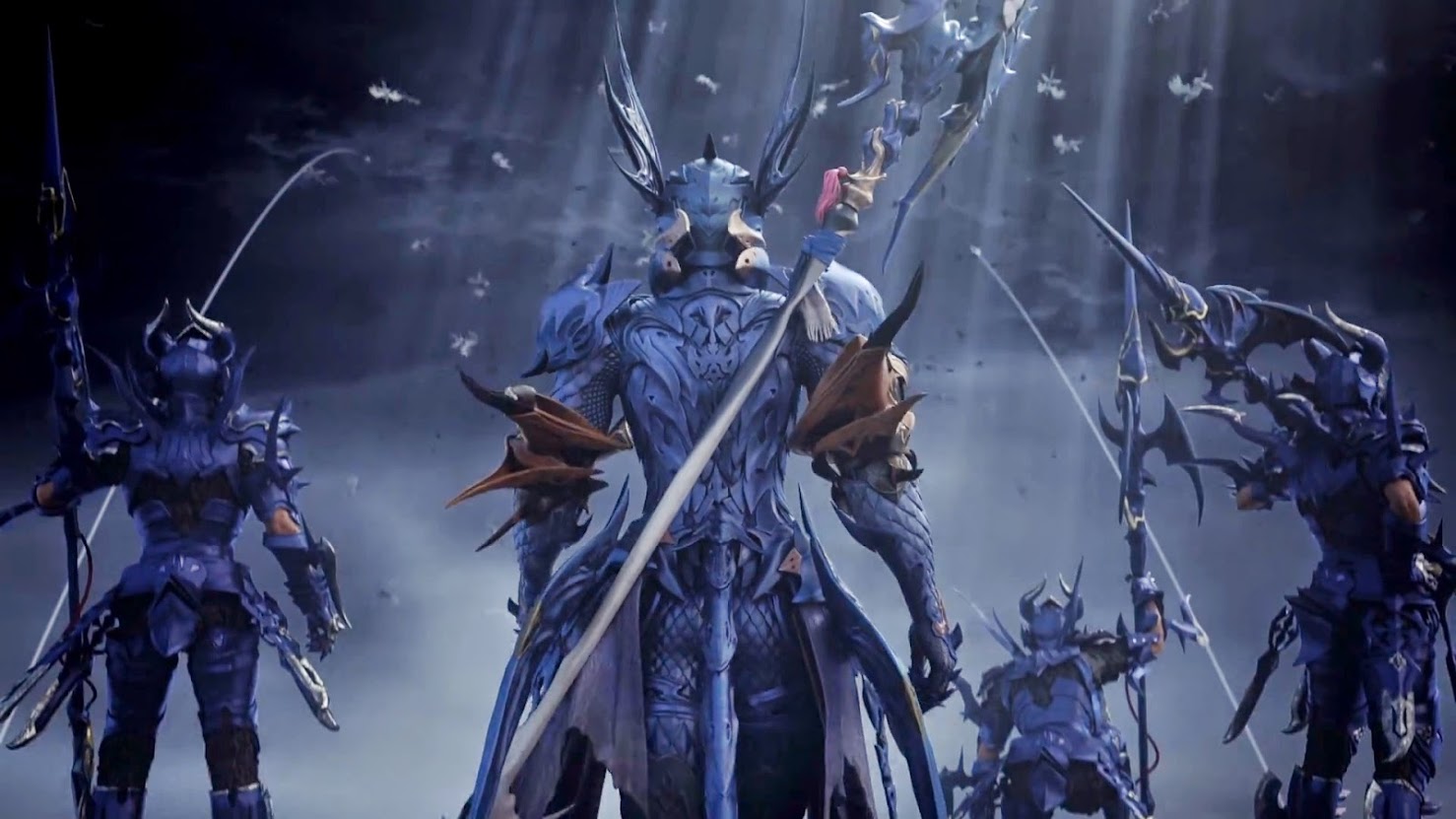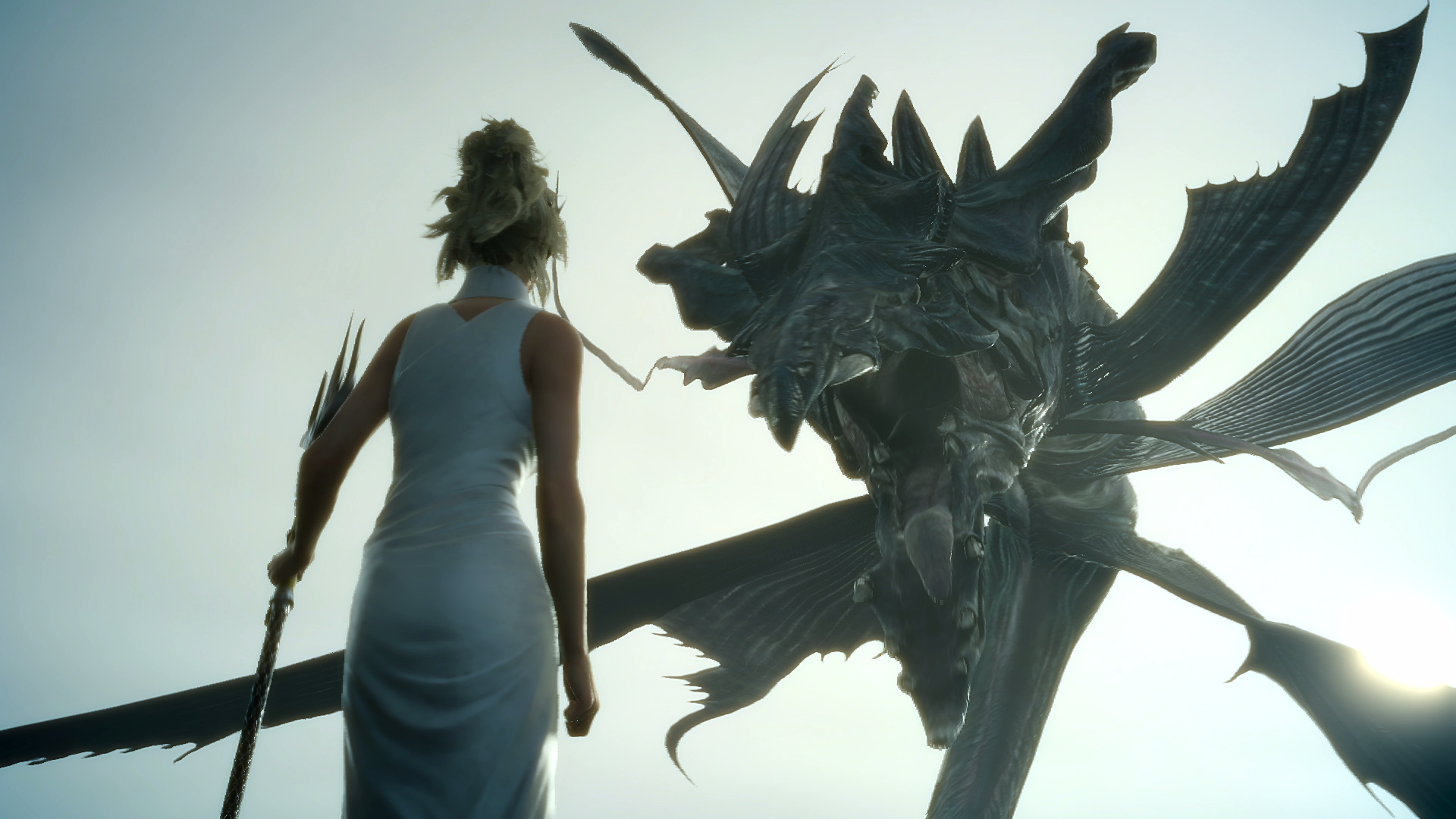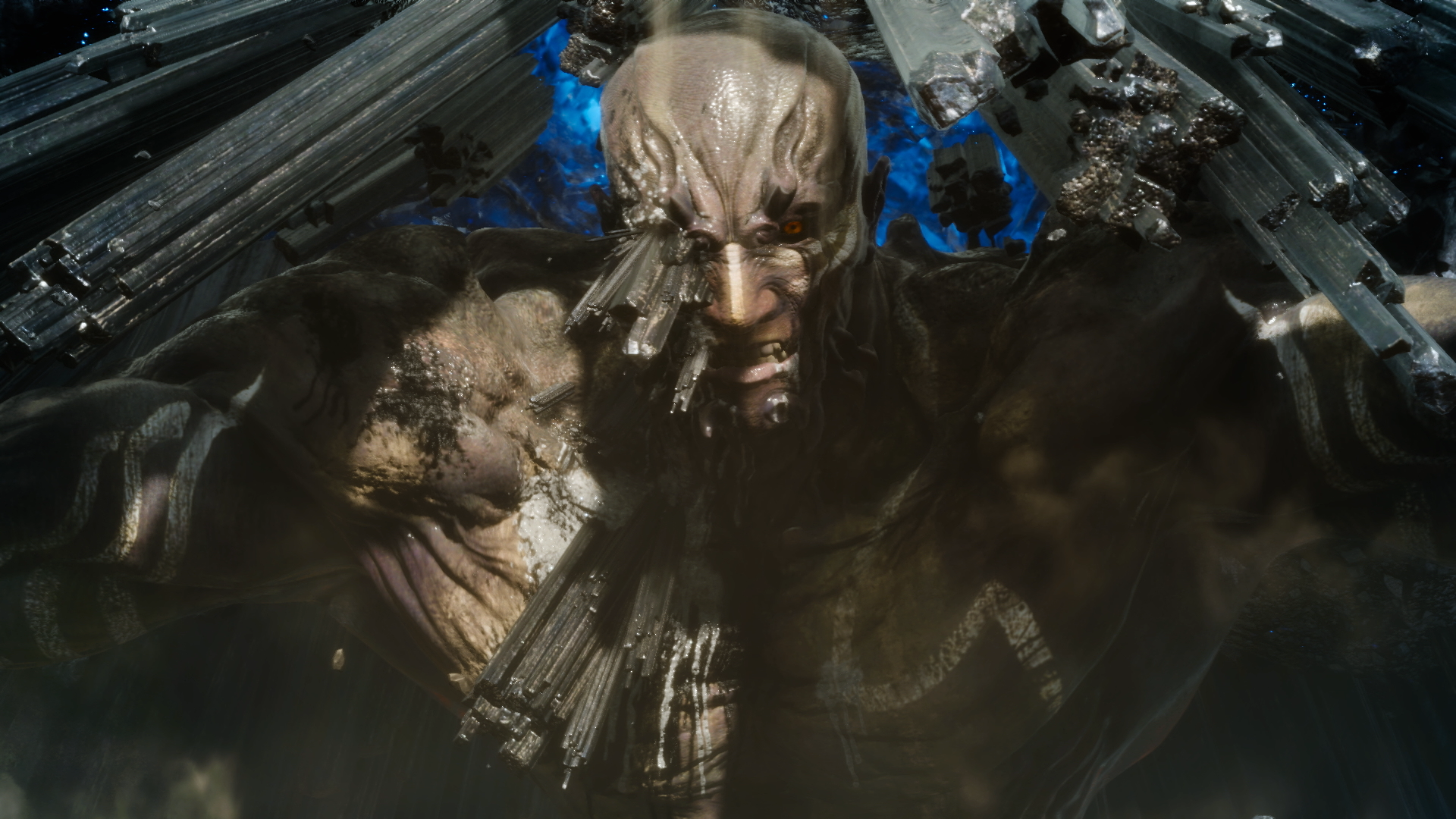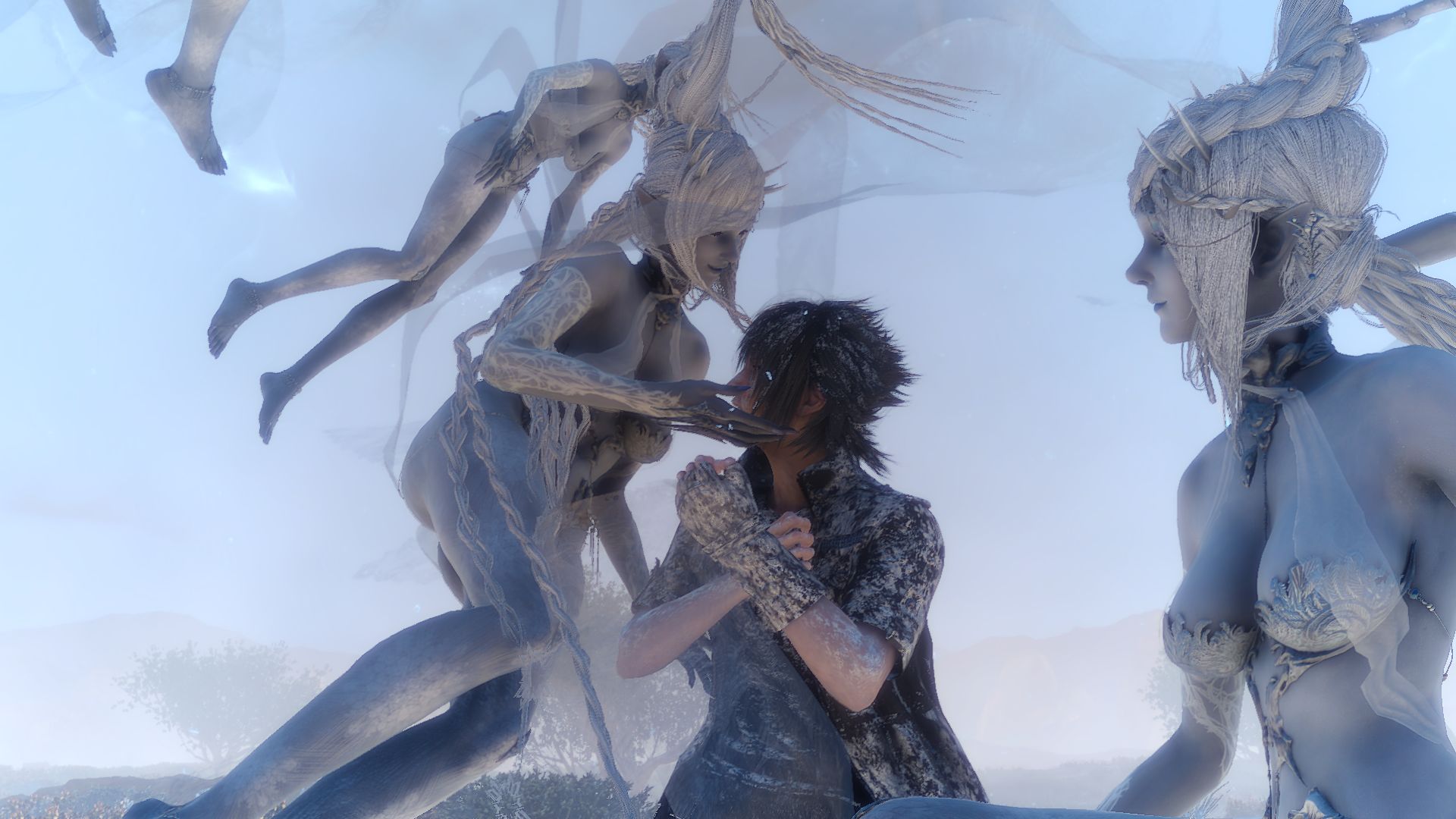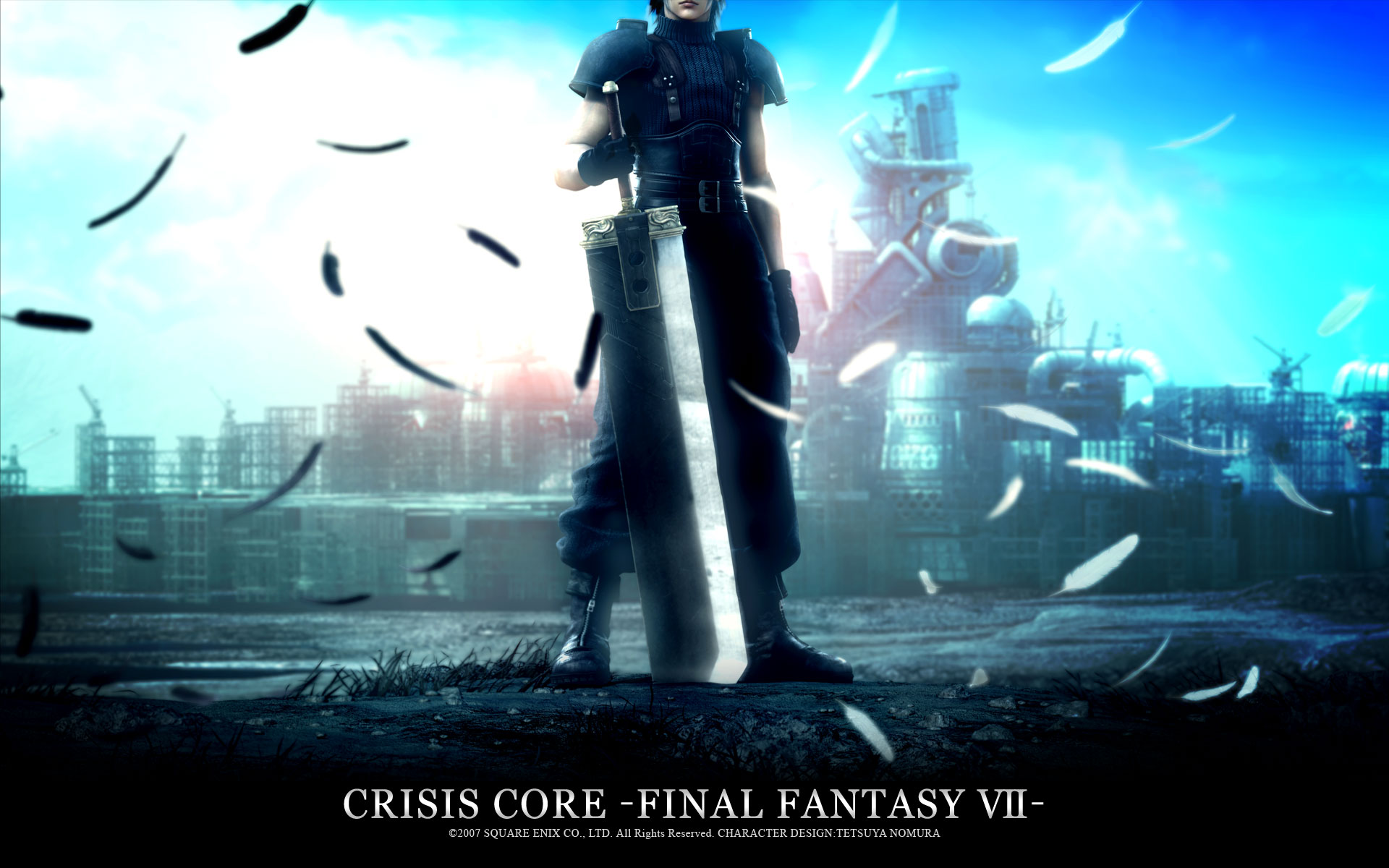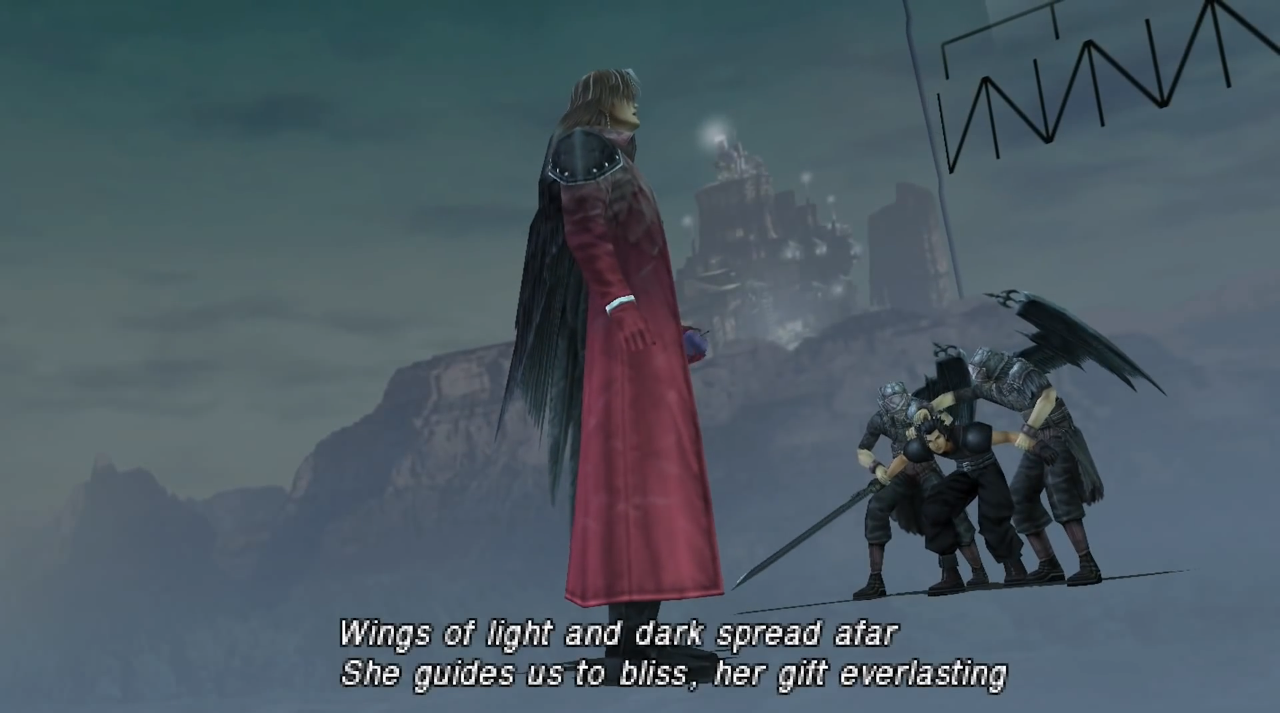Star Trek - Still Bold, After All These Years
You know how important Star Trek as a sub-genre of Sci-fi is, and was. You know that. You have heard how it inspired so many scientists, engineers, and writers. How it's our bright spot floating out in the not-too-distant future. You have heard it from me, and all the other more popular science communicators, actors, scientists, etc. So let's not spend the 50th anniversary of the NC-1701 by belaboring the point. I want to talk about how good the original Star Trek series still is.
A Case Study in Star Trek's enduring Quality
What's it about? - Master engineer Dr. Richard Daystrom has designed a computer that will replace the need for commanders in Star Fleet. The crew has some misgivings about the computer, but allow it to be tested. As these things normally go, It acts odd, and takes over the ship. Our heroes have to fight against the A.I and reclaim manual control of the ship.
Why this episode? From the synopsis it sounds like the usual Luddite, A.I fear-based Sci-fi fair. What stands out is how the crew deals with the events. Kirk values his intuition and individuality, so of course the idea of being replaced with a computer is gutting. If you haven't seen much of the original series, and assume Kirk's nature from his pop culture caricature you might assume he throws a fit and fights against his new mechanical replacement. This is not so.
KIRK: You seem to enjoy trusting yourself to the computer.
SPOCK: Enjoy, Captain? No. I'm merely gratified to see Doctor Daystrom's new unit execute everything required of it in such a highly efficient manner. M-5 is another distinguished triumph for his career.
Kirk is a star fleet officer; he is trained in skepticism and science. He knows his intuitions are not enough data to form a position. Yes his values seem to conflict with sacrificing his autonomy. He knows however, that is not a sufficient argument. This is a great example of not only the quality of the vision of Star Trek, but of how much better written Star Trek is than most modern shows. It would have been so easy to make Spok the rational "Machines are good" Cat of the plot, and Kirk the "Humanity is the best" mouse. It does not fall for this trap.
KIRK: I think that thing is wrong, and I don't know why.
MCCOY: I think it's wrong, too, replacing men with mindless machines.
KIRK: I don't mean that. I'm getting a Red Alert right here. (the back of his head) That thing is dangerous. I feel. (hesitates) Only a fool would stand in the way of progress, if this is progress. You have my psychological profiles. Am I afraid of losing my job to that computer?
MCCOY: Jim, we've all seen the advances of mechanisation. After all, Daystrom did design the computers that run this ship.
KIRK: Under human control.
MCCOY: We're all sorry for the other guy when he loses his job to a machine. When it comes to your job, that's different. And it always will be different.
KIRK: Am I afraid of losing command to a computer? Daystrom's right. I can do a lot of other things. Am I afraid of losing the prestige and the power that goes with being a starship captain? Is that why I'm fighting it? Am I that petty?
MCCOY: Jim, if you have the awareness to ask yourself that question, you don't need me to answer it for you. Why don't you ask James T. Kirk? He's a pretty honest guy.
The M-5 Machine, acts a bit unkindly to the c
So Kirk allows the M-5 Captain-replacing-computer to command the Enterprise. Naturally, this goes poorly. The M-5 attacks other ships, and even kills other star fleet officers. Yet still, Kirk never act out of revenge. Nor do they take its murdering faults as damnation of the actual technology. Kirk still wants Doctor Daystorm to have the opportunity to save the M-5. This is not the typical event where the hero gives his rival a last chance to repent. The M-5 can't repent; it's a machine. Even still the M-5 isn't beaten with a cliche paradox-inducing argument. It is beaten with an actual reasoned argument about the morality of its actions. And since its morality is based on logic and the ethics of its creator - it yields.
This stands out. This is consequentialist morality, a form of ethical reasoning not common on the silver screen. The machine isn't bad. The technology isn't bad. Being replaced by a machine isn't bad. There are risks and rewards. It didn't work this time. It went poorly. But, the episode ends with some jovial musing on the events, and the nature of the machine vs human conflict. There is never a hard line on who wins in totality; because of course there does not need to be.
KIRK: Bridge. His logical selection was compassion.
MCCOY: Compassion. That's the one thing no machine ever had. Maybe it's the one thing that keeps men ahead of them. Care to debate that, Spock?
SPOCK: No, Doctor. I simply maintain that computers are more efficient than human beings, not better.
MCCOY: But tell me, which do you prefer to have around?
SPOCK: I presume your question is meant to offer me a choice between machines and human beings, and I believe I have already answered that question.
MCCOY: I was just trying to make conversation, Spock.
SPOCK: It would be most interesting to impress your memory engrams on a computer, Doctor. The resulting torrential flood of illogic would be most entertaining.












